Array
(
[SERVER_SOFTWARE] => nginx
[REQUEST_URI] => /engage-with-us/student-engagement/student-funding-internship/cohort-2024/
[USER] => fpm200111
[HOME] => /home/fpm200111
[WPENGINE_ACCOUNT] => harvardhealth
[WPENGINE_PHPSESSIONS] => on
[WPENGINE_DB_SESSIONS] => off
[HTTP_X_UA_ORIGINAL] => Mozilla/5.0 (compatible; SeekportBot; +https://bot.seekport.com)
[HTTP_X_WPE_REQUEST_ID] => 76028cf18428ffab3cbff9a1d51c0c4d
[SYSLOG_IDENT] => phperr-harvardhealth
[REMOTE_ADDR] => 65.21.35.253
[SERVER_PROTOCOL] => HTTP/1.1
[QUERY_STRING] =>
[IS_WPE] => 1
[HTTP_CF_CONNECTING_IP] => 65.21.35.253, 65.21.35.253, 65.21.35.253
[HTTP_X_WORDPRESS_TYPE] => DEFAULT
[HTTP_X_WPENGINE_PHP_VERSION] => 8.2
[DOCUMENT_ROOT] => /nas/content/live/harvardhealth
[DOCUMENT_URI] => /index.php
[CONTENT_LENGTH] => 0
[SERVER_ADDR] => 127.0.0.1
[HTTP_X_WPE_EDGE] => AN
[PHP_VALUE] => upload_max_filesize=50M;
post_max_size=100M;
[PHP_ADMIN_VALUE] => newrelic.appname=harvardhealth;
newrelic.browser_monitoring.auto_instrument=off;
newrelic.enabled=off;
newrelic.license=;
sendmail_path=/bin/sendmail-wrapper.sh 79e309318abe46fb70c4b52b782c479d04ddf08b /usr/sbin/sendmail -t -i;
syslog.ident=phperr-harvardhealth;
[REQUEST_SCHEME] => http
[REDIRECT_STATUS] => 200
[HTTPS] => on
[SERVER_PORT] => 80
[HTTP_ACCEPT] => text/html,application/xhtml+xml,application/xml;q=0.9,*/*;q=0.8
[HTTP_HOST] => globalhealth.harvard.edu
[HTTP_WPE_READONLY] => on
[HTTP_REFERER] => https://globalhealth.harvard.edu/engage-with-us/student-engagement/student-funding-internship/
[HTTP_ACCEPT_LANGUAGE] => en
[PATH_INFO] =>
[GATEWAY_INTERFACE] => CGI/1.1
[HTTP_CF_VISITOR] => {\"scheme\":\"https\"}
[HTTP_X_CACHE_GROUP] => normal
[HTTP_X_FORWARDED_PROTO] => https
[HTTP_X_WPE_INSTALL_NAME] => harvardhealth
[HTTP_X_REAL_IP_REMOTE] => 172.71.164.110
[SERVER_NAME] => globalhealth.harvard.edu
[SCRIPT_FILENAME] => /nas/content/live/harvardhealth/index.php
[HTTP_USER_AGENT] => Mozilla/5.0 (compatible; SeekportBot; +https://bot.seekport.com)
[HTTP_CF_IPCOUNTRY] => FI
[HTTP_RAWHOST] => globalhealth.harvard.edu
[HTTP_VIA] => 1.1 pod-403756 (Varnish/trunk)
[HTTP_ACCEPT_ENCODING] => gzip
[CONTENT_TYPE] =>
[REQUEST_METHOD] => GET
[HTTP_X_WPE_SSL] => 1
[HTTP_CDN_LOOP] => cloudflare; loops=1
[PATH_TRANSLATED] => /nas/content/live/harvardhealth/index.php
[SCRIPT_NAME] => /index.php
[REMOTE_PORT] =>
[HTTP_CF_RAY] => 9d68a2877863db0f-FRA
[HTTP_X_IS_BOT] => 1
[HTTP_X_FORWARDED_HOST] => globalhealth.harvard.edu
[HTTP_X_WPE_LOCAL_SSL] => 1
[FCGI_ROLE] => RESPONDER
[PHP_SELF] => /index.php
[REQUEST_TIME_FLOAT] => 1772540842.43
[REQUEST_TIME] => 1772540842
)
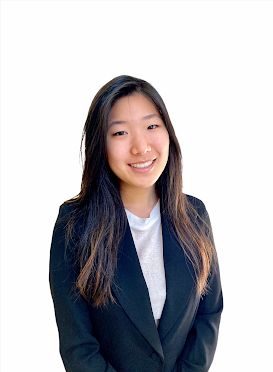
This summer, I contributed to the University of Global Health Equity’s (UGHE’s) Center for Gender Equity’s research and admirative tasks. I was able to co-author an article on the impact of gender stereotypes on women’s career choices in Rwanda. Additionally, I have helped write a perspective article on the role of litigation in furthering maternal health and well-being in Africa.
Through the process, I have learned a lot about gender equity issues in Rwanda and Africa broadly, such as gender gaps in STEM and medicine representation and cancers impacting local women. I have also learned much about the Center for Gender Equity’s educational and research approaches in tackling these issues.
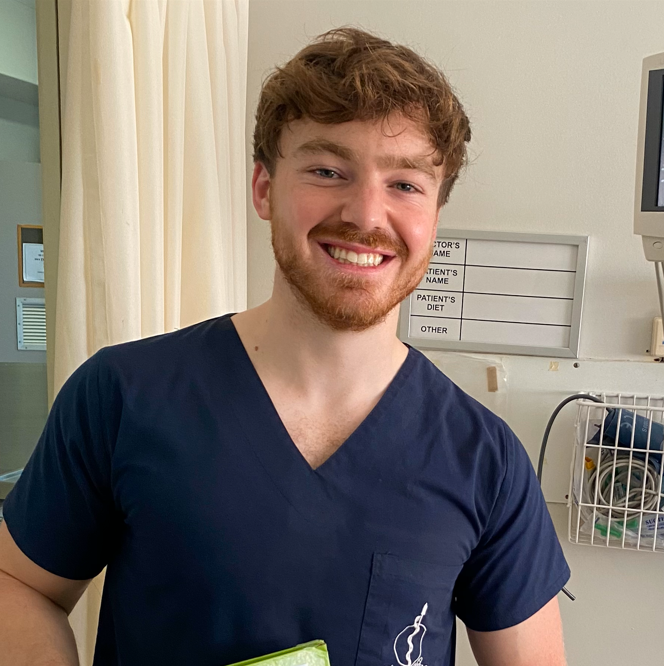
I am leading a project at Tygerberg Hospital in Cape Town, South Africa, to reduce patient waiting times and improve quality of care in the hospital’s cardiology department. In collaboration with the department’s cardiologists, I am developing a data capture system using barcode scanners to log patient events and analyze waiting periods in a format that can undergo statistical analysis. By identifying excessive delays and implementing systematic changes, we aim to enhance patient care and improve patient outcomes in a meaningful and sustainable way. The goal is to set a precedent for similar improvements that can be scalable throughout the entire South African healthcare system.
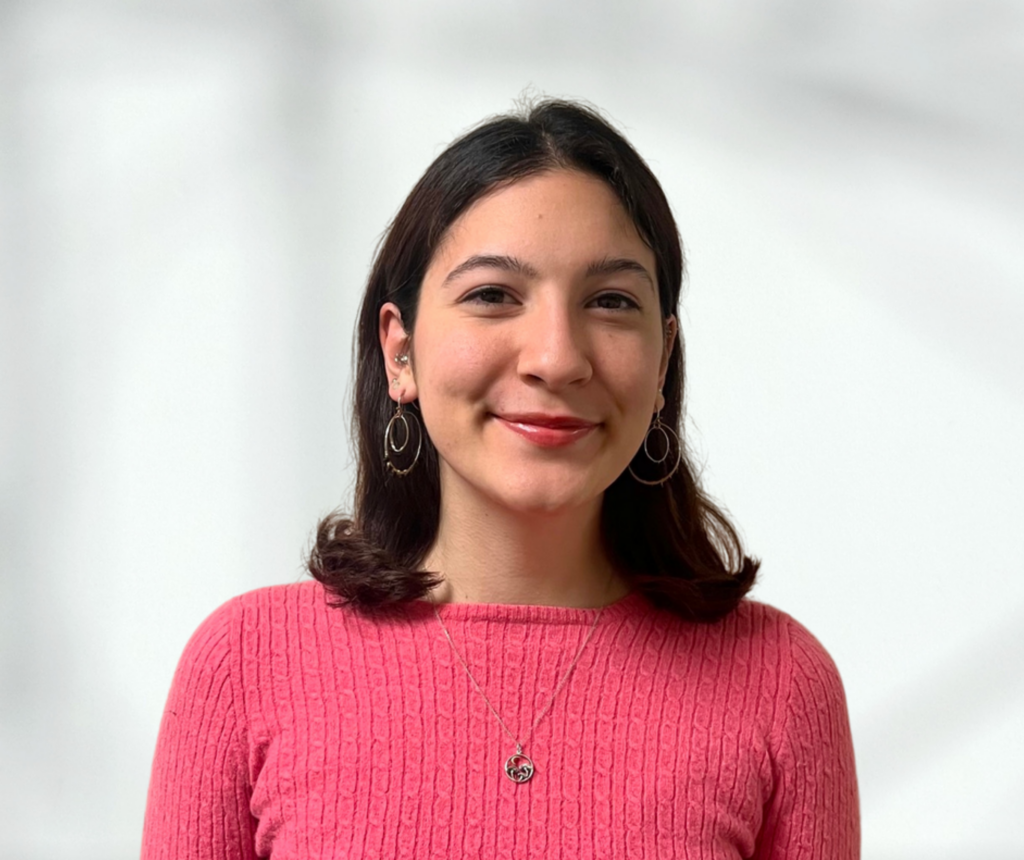
This summer, I am working with the Better Evidence Team at Ariadne Labs, which is a joint center at Brigham and Women’s Hospital and the Harvard T.H. Chan School of Public Health. Through the Better Evidence for Training Program, my team has removed the cost barrier of an evidence-based clinical resource called UpToDate for 59 medical schools in Africa. As an intern, I support my team with data analysis to understand the implications of these efforts. I have been cleaning and analyzing clickstream data from an eight-year study that my team conducted on the usage of UpToDate at two African medical schools. The results of this study will identify predictors of high vs. low usage of UpToDate and inform our future efforts to expand the uptake of digital clinical resources in low-resource settings.
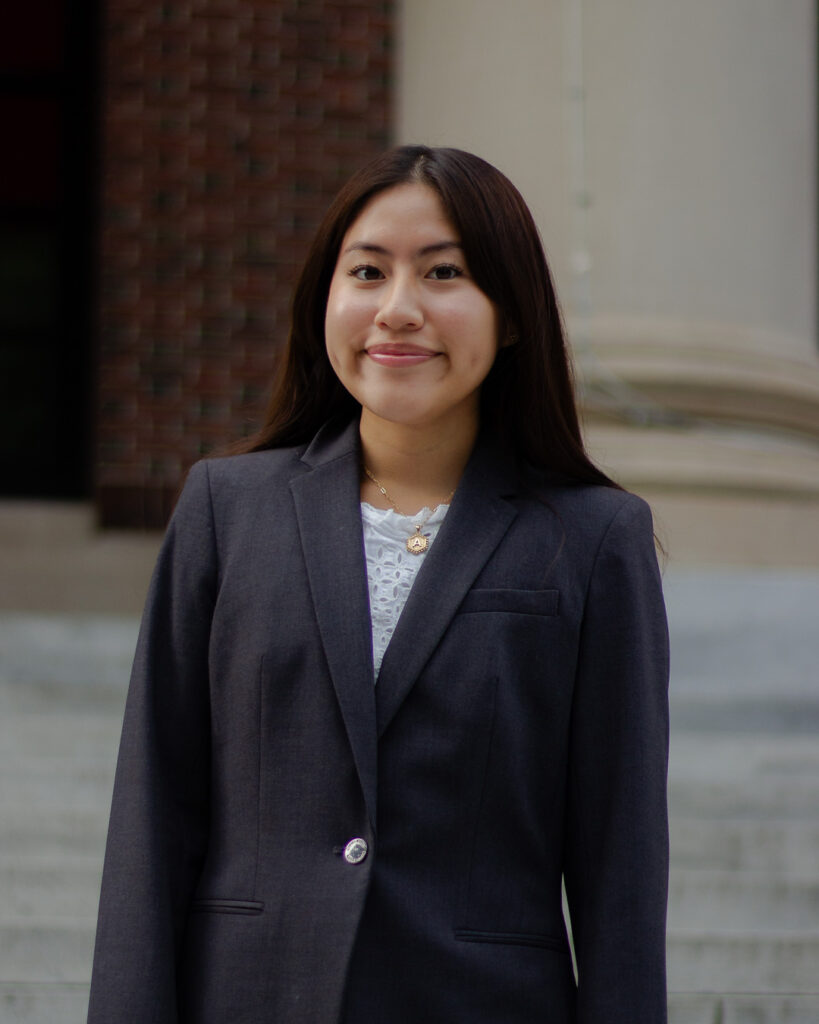
This summer, I am interning with Socios en Salud in Lima, Peru, working on the CASITA project, an evidence-based early childhood development program in the impoverished district of Ventanilla. For the first half of the summer, I have been assisting with administrative and fieldwork, including helping community health workers find study participants and enrolling them in our database. The second half involves organizing a workshop to raise awareness about early childhood development alongside local Peruvian government officials. I am extremely grateful to work with a team dedicated to combating healthcare disparities and have greatly enjoyed my time in Peru.
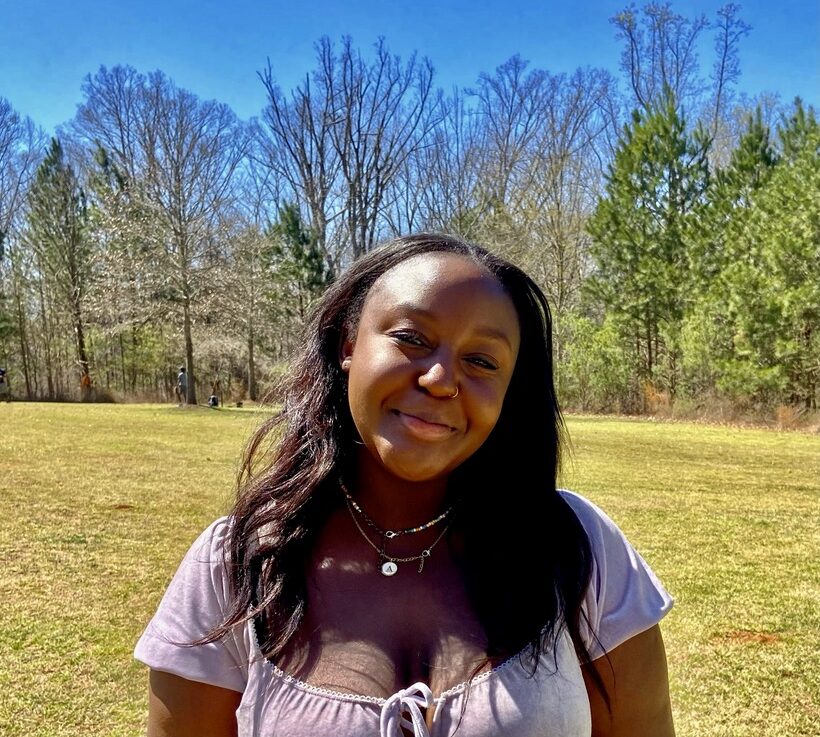
This summer I am interning at Health Leads, a company that has been in the Boston community for over 20 years. While working at Health Leads and alongside Vital CxNs, we have collaborated on the Neighborhood Food Action Collaborative (NFAC), a network powered by community members working to create solutions to a more equitable food ecosystem in Boston. NFAC has trained SNAP advocates who are community residents with lived experience with food security. I have been compiling and analyzing qualitative data from community focus groups, and managing the NFAC SNAP Education & Enrollment program this summer.
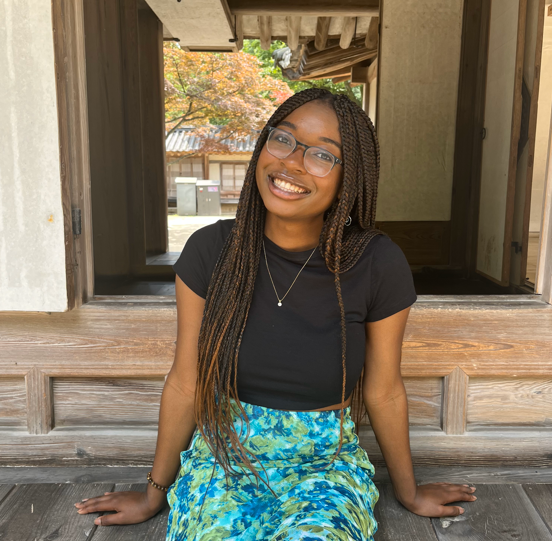
This summer, I’ve had the privilege of interning with the California team of Health Leads. My work focuses on promoting racial health equity within health systems, agencies, and communities with a human-centered approach. In my role, I conduct research on hospitals’ community benefit plans and their relationships with community organizations and members. This research informs the development of the California Operationalizing Anti-Racism (COAR) pilot program, which I am also involved in. Additionally, I’m contributing to the “Beyond Do No Harm” project, where I am synthesizing data and editing a report on equitable partnerships between health systems and community-based organizations.
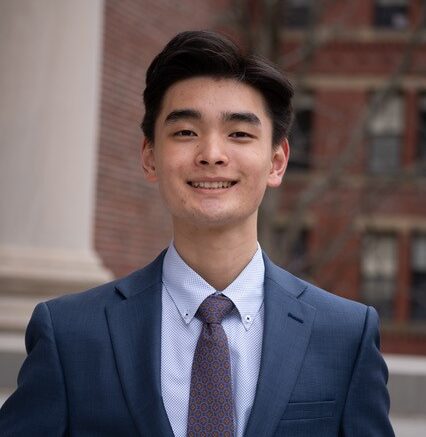
This summer, I am working at the NIH Fogarty International Center Division of International Epidemiology and Population Studies under the mentorship of Dr. Kaiyuan Sun. My research has been a fascinating blend between medicine and policy. Working in Bethesda, MD, I have been developing a mathematical model to best inform optimal policy intervention strategies in response to a novel respiratory virus like COVID-19, now with better assessment of viral shedding kinetics, advanced testing technologies, and intricate contact tracing methods. On the daily, I’ve been applying a wide variety of skill sets in my research, from coding an agent-based network model through Python and R to understanding the socioeconomic costs underlying certain policy actions. I hope that my research will at as an early-indicating model to determine the socially and medically optimal policy interventions to either contain or mitigate a novel respiratory virus.
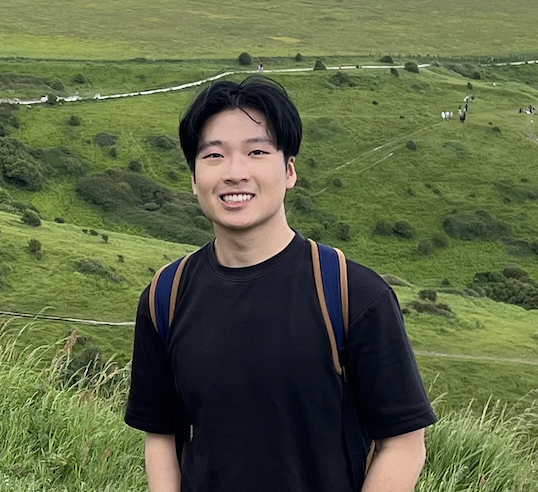
This summer, I interned with the National Academy of Social Prescribing (NASP) in London! NASP promotes social prescribing, a practice that complements healthcare by addressing issues affecting health and quality of life through non-medical support. I had the opportunity to witness social prescribing firsthand by visiting the first social prescribing clinic and learning from physicians practicing social prescribing around the world. On the project side, I helped with the editing/translation of link worker’s training documents and worked on a few publications. I also led the development of an international social prescribing fellowship aimed at enhancing understanding of social prescribing and driving community impact.
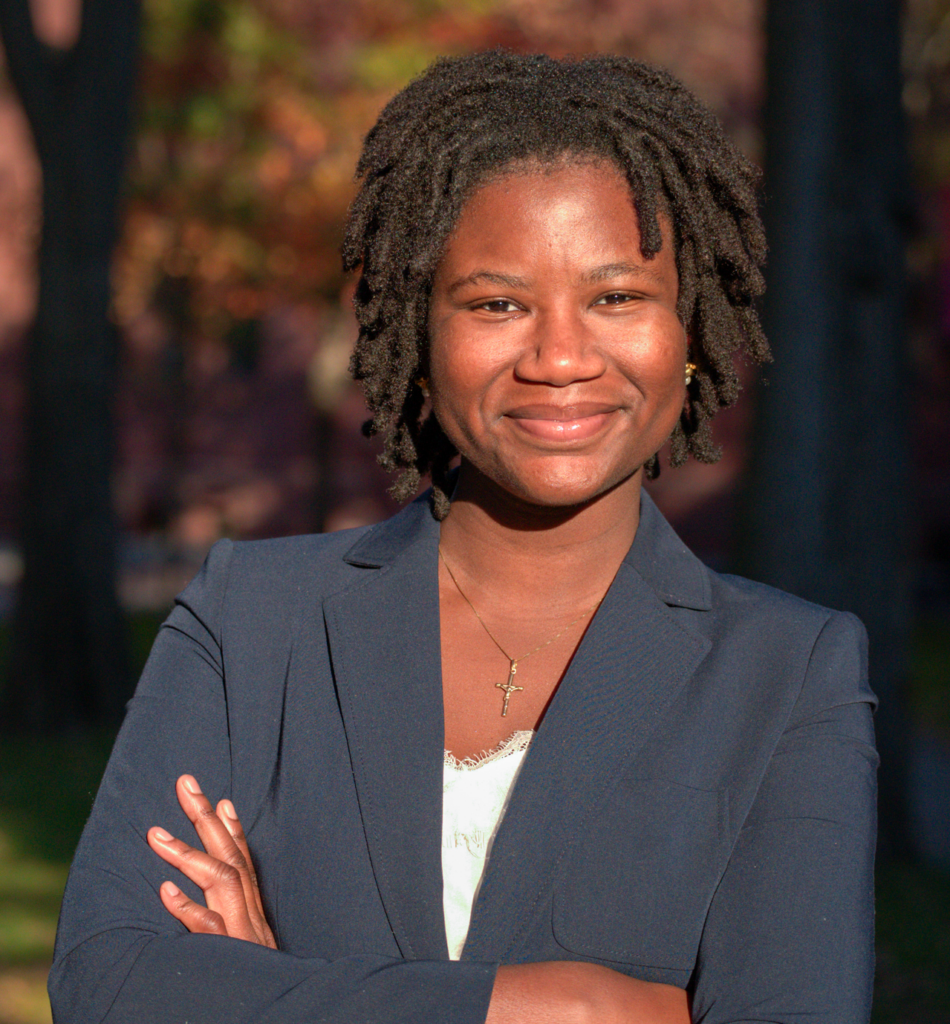
This summer, I have been interning at the University of Global Health Equity (UGHE), where I worked closely with INECD program. My responsibilities included reviewing research proposals and reports, analyzing data, and contributing to publication planning. I created baseline project reports, conducted data cleaning on over 1000 data points, and calculated FDS scores. Additionally, I researched suitable journals for publication and developed executive summaries for the UGHE website. This internship has provided me with valuable experience in global health research and enhanced my skills in data analysis and project management.
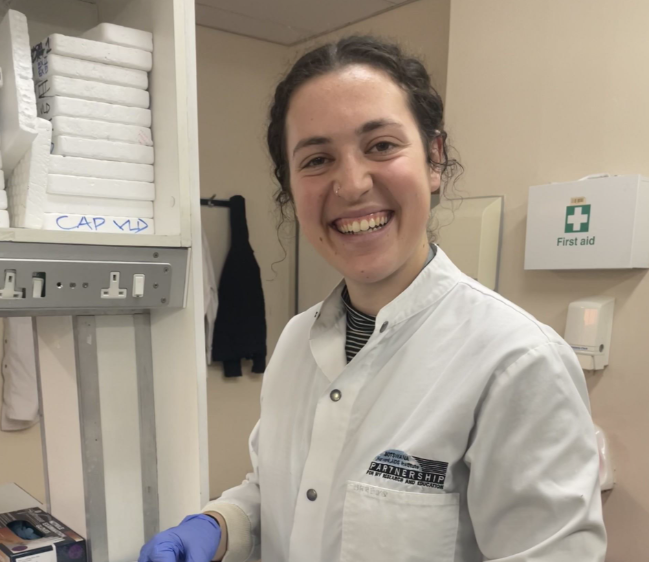
This summer I have been working on a project at the Botswana Harvard Health Partnership investigating the prevalence of hepatitis B virus among immunocompromised people living with HIV. We aim to understand the increased incidence of co-infection of the two viruses and its relationship with immunodeficiency. I have learned many lab procedures including ELISA, DNA extraction, PCR, gel electrophoresis, and DNA sequencing. I am living in Gaborone, Botswana, and have been fortunate to travel around the region on my time off.
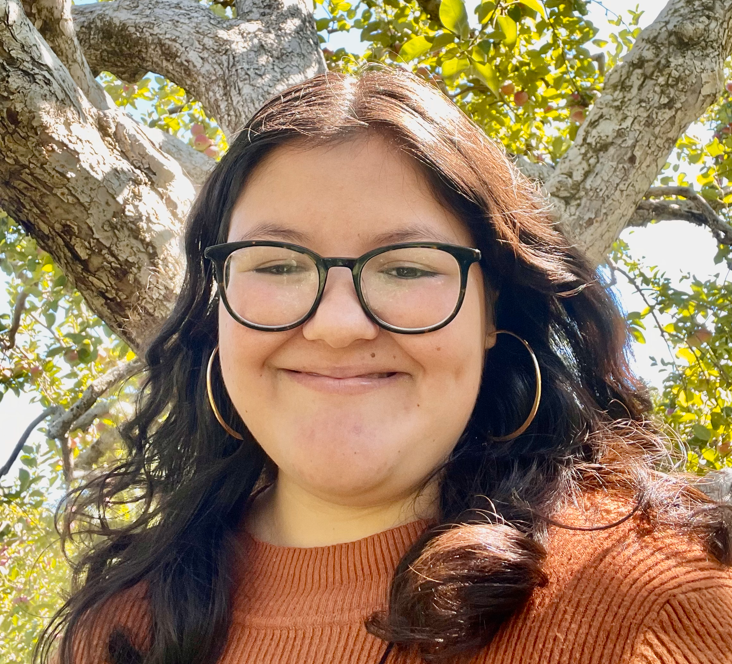
This summer, as a Research Assistant at the Mental Health for All Lab on the Peer Support Project. The ultimate goal is to identify the key components of effective peer support interventions; identify the competencies and trainings needed by peer supporters in delivering interventions targeting SMI; and assess the evidence for the feasibility and acceptability of such interventions. I am particularly passionate about this project because of its commitment to bridging gaps in mental health services for marginalized communities by creating more equitable access. Through this work I hope to help raise mental health awareness and ultimately help destigmatize mental illness and the act of seeking treatment within the Latine/x community.
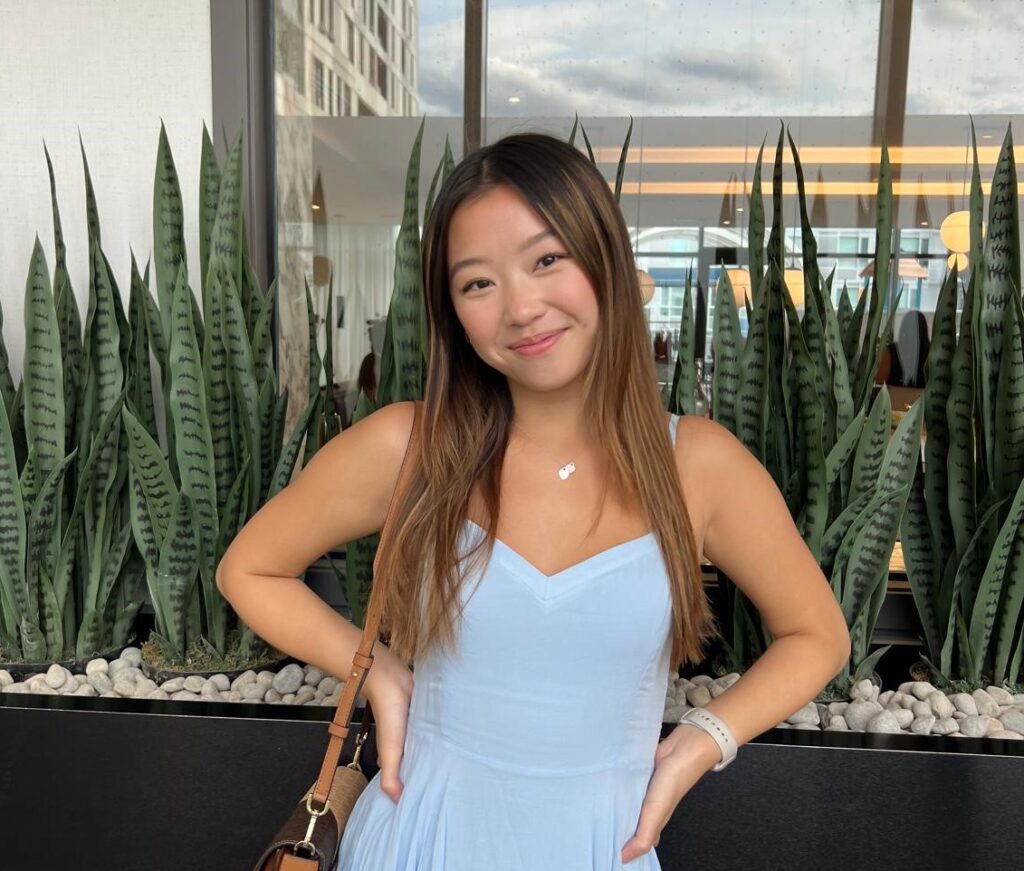
This summer, I’m interning at Touch Health in Mwanza, Tanzania. I’ve been working on m-mama, a national program optimizing ambulatory care for mothers and their newborns. As part of the Monitoring and Evaluation team, I’m collecting, cleaning, and analyzing data that supports program decision-making, government presentations, and the program’s Endline Assessment. I’m also improving the dashboard that presents live m-mama data to first responders, allowing them to make data-driven decisions every day. Outside of work, I’ve been enjoying eating street mangos, swimming with locals, and running into wild giraffes outside of town.
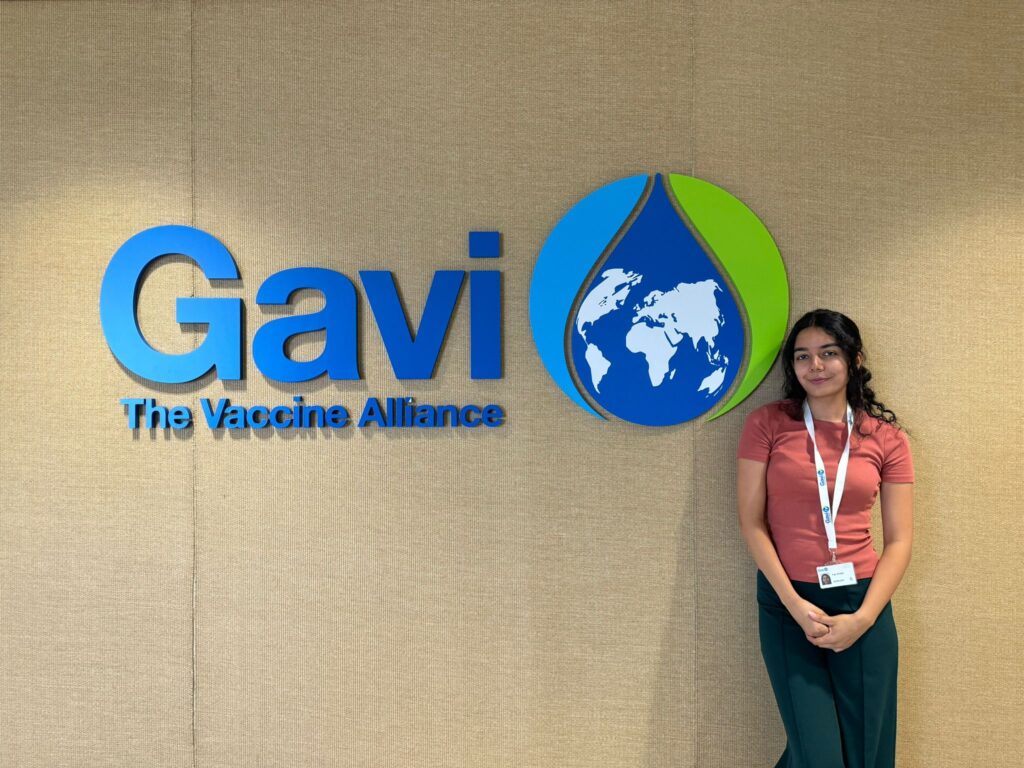
This summer, I am interning at Gavi, The Vaccine Alliance in Geneva, Switzerland. Gavi is an international partnership between organizations including the WHO, UNICEF, and The World Bank, and helps vaccinate more than half of the world’s children. My internship position is in the Measurement, Evaluation, and Learning Department. My main project is organizing Gavi’s Zero-Dose Learning Week, which aims to collate and synthesize key learnings related to immunizing Zero-Dose children and use these lessons to inform Gavi strategy. My tasks include liaising with presenting partner organizations, arranging the collection and review of research abstracts, and supporting logistical planning. I am also working on a research project analyzing the key barriers to immunizing Zero-Dose children across Gavi’s Learning Hub Countries (Bangladesh, Uganda, Mali, and Nigeria). I am using Nvivo to qualitatively code rapid assessments conducted by these countries and investigate how barriers to immunization vary across community typologies such as urban, rural, and conflict-affected settings. I have immensely enjoyed focusing on immunization from an equity perspective.

I had the wonderful opportunity to work as a Student Research Assistant on the EMPOWER initiative at the Mental Health for All Lab at Harvard Medical School. My roles involve supporting the Behavioral Activation project and promoting communications for the GlobalMentalHealth@Harvard initiative. The Behavioral Activation project implements digital educational tools to train frontline workers to deliver quality mental health services to all, enlarging support in underserved or marginalized communities. Specifically, I work on coaching and assessing frontline workers in their certification. Additionally, I support GlobalMentalHealth@Harvard by communicating scientific articles through creative design to appeal to a global digital audience. I’m incredibly passionate about the power of digital platforms to empower mental health support worldwide.

This summer, I worked with the International Quality Improvement Collaborative (IQIC) at Boston Children’s Hospital. IQIC’s mission is to improve outcomes for children with congenital heart disease in low- and middle-income countries. My responsibilities included participating in global meetings with partner hospitals, assisting with data audits, conducting literature reviews for a new project, and developing a new database to manage contacts. This internship allowed me to gain invaluable insights into quality improvement in healthcare and global public health, enhancing my communication skills and attention to detail while contributing to meaningful work.
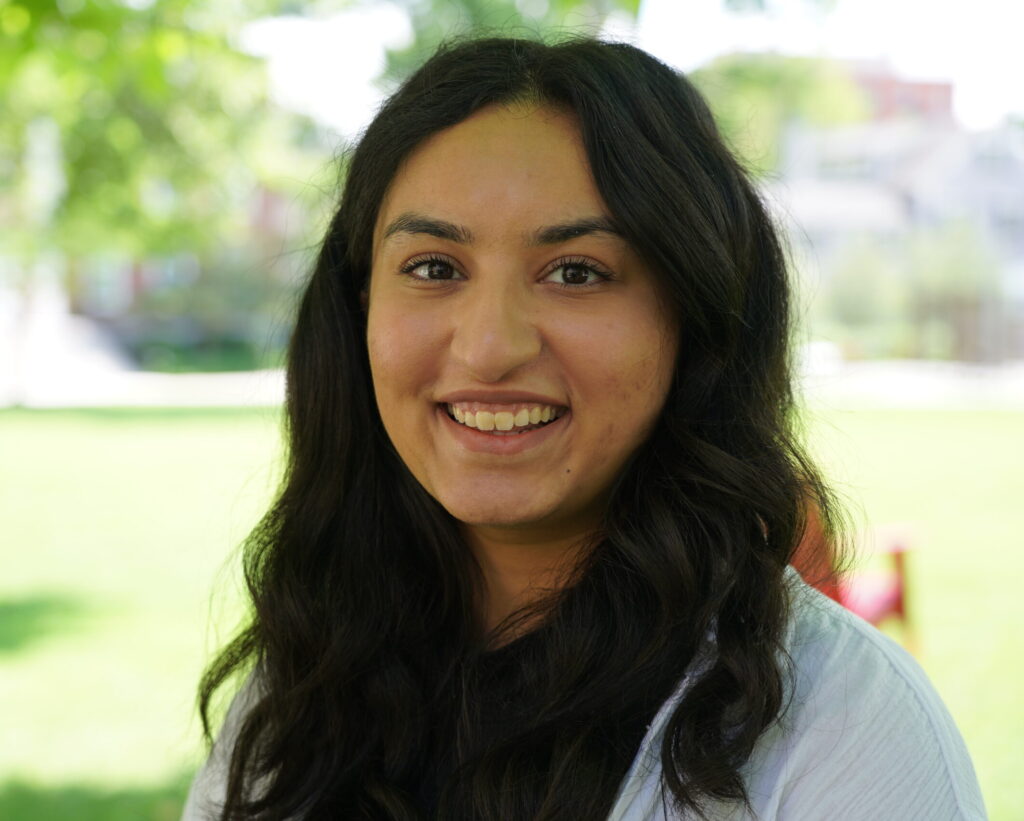
This summer, I’m interning at Greater Boston Legal Services (GBLS) where I’m dedicated to supporting vulnerable populations. My role involves assisting attorneys in disputes concerning MassHealth, Medicare and Social Security disability benefits. I conduct client interviews, perform legal and medical research and draft documents to ensure our clients receive the care they deserve. Additionally, I analyze policy changes impacting our clients and ease them through any difficult transitions in their healthcare access. This internship has enhanced my legal skills and aligns with GBLS’ mission of promoting economic and racial justice through accessible legal aid. I’m honored to contribute to such impactful work!
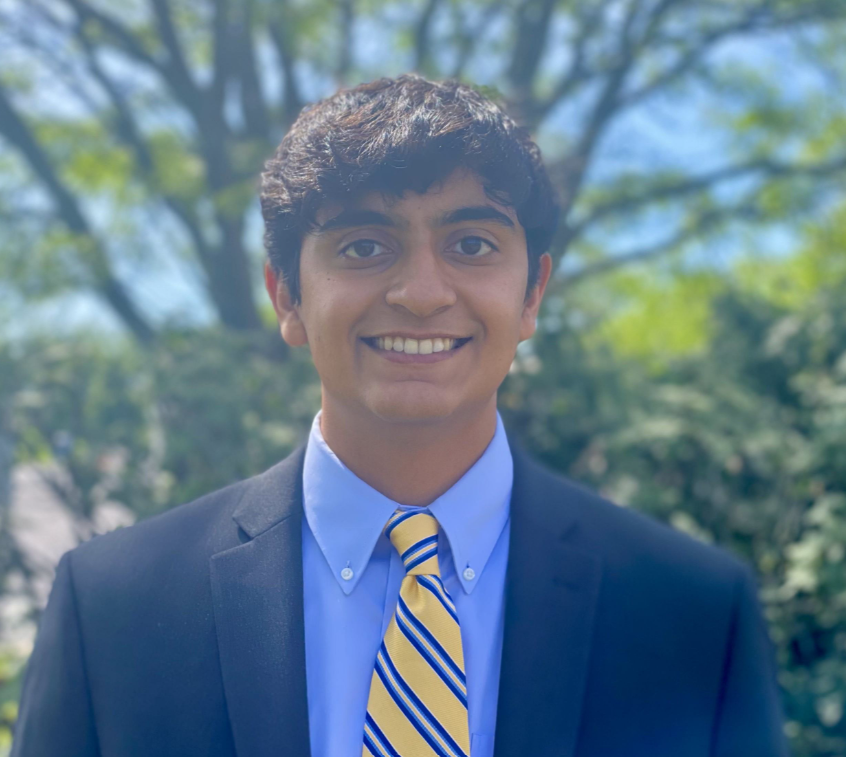
This summer, I interned with the Strategy Team at NHS England (NHSE). I worked on various interdisciplinary projects aimed at improving patient care across the NHS. This included reviewing how aging infrastructure contributes to patient waiting lists and exploring international best practices for the NHS to adopt. By visiting hospitals and interviewing clinical staff, I gained deeper insights into the organization of medical care in the UK. This experience has been especially formative as I look towards my interests in health equity in clinical medicine.
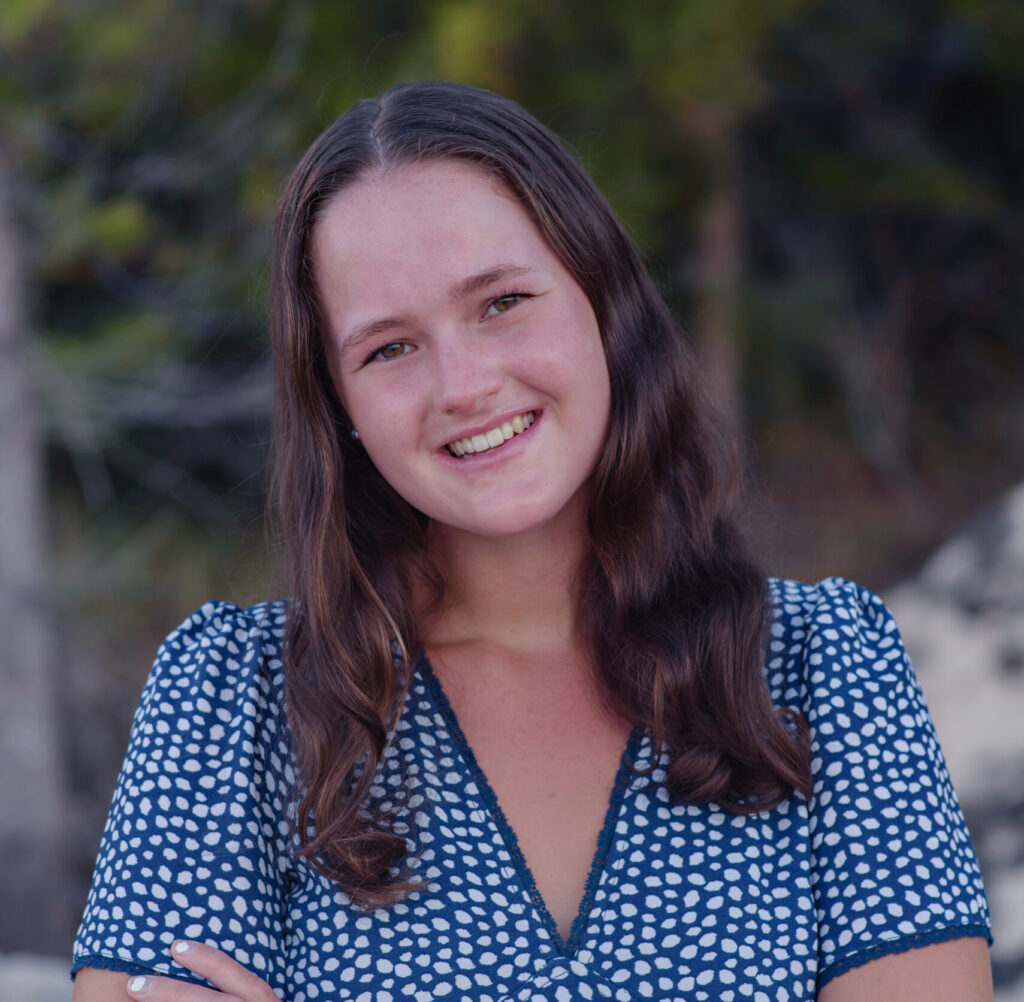
This summer I have worked as the team lead among other student interns as we review and analyze a large list of common post-operative surgical complications in order to improve how such information is reported in the field going forward. While I have been conducting research with this team for several years now, I feel that the meaning of our work is beginning to crystallize as we are seeing the extreme variety and variability with which surgical complications are being reported, which could lead to overcomplexity and misunderstanding in the success rates and potential outcomes of certain general surgery procedures.
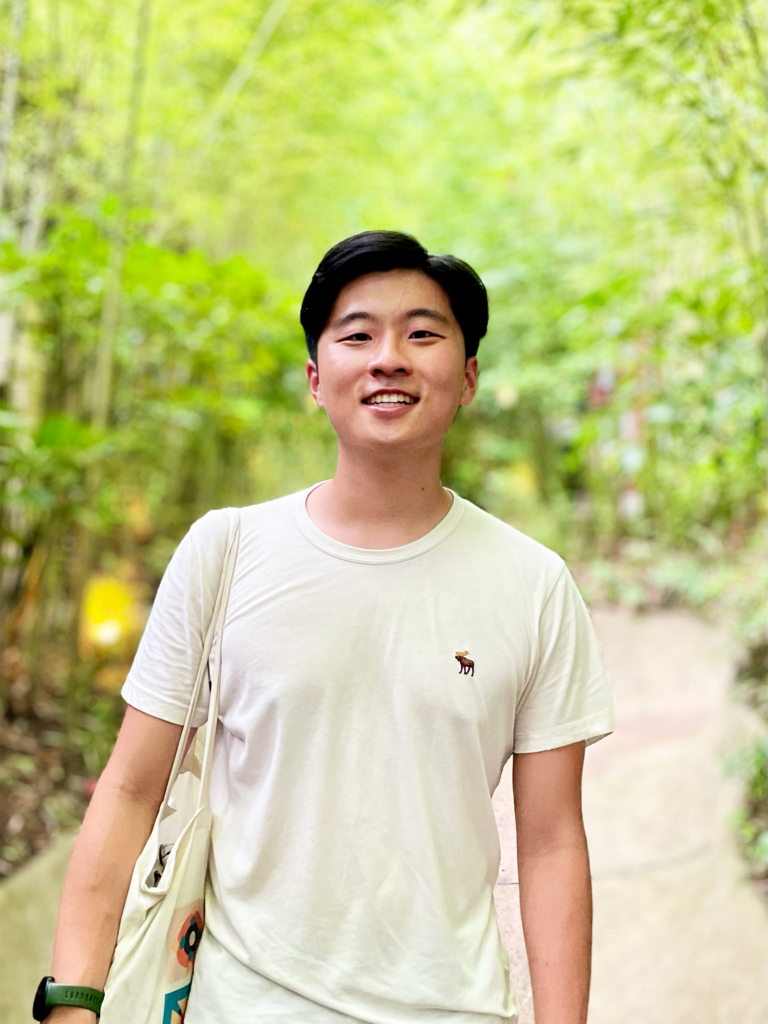
In Tokyo this summer, I am researching the state of mental health stigma and mental health care in Japan. As a part of a research team under a mental health company, I am studying how to better provide equitable mental health services and encourage engagement in mental health care in Japan. I hope to extend and adapt these findings to other regions, to understand how to promote mental health to meet different levels of mental health stigma. It is particularly exciting for me to experience research in a company setting, but one that is still heavily focused on global health!
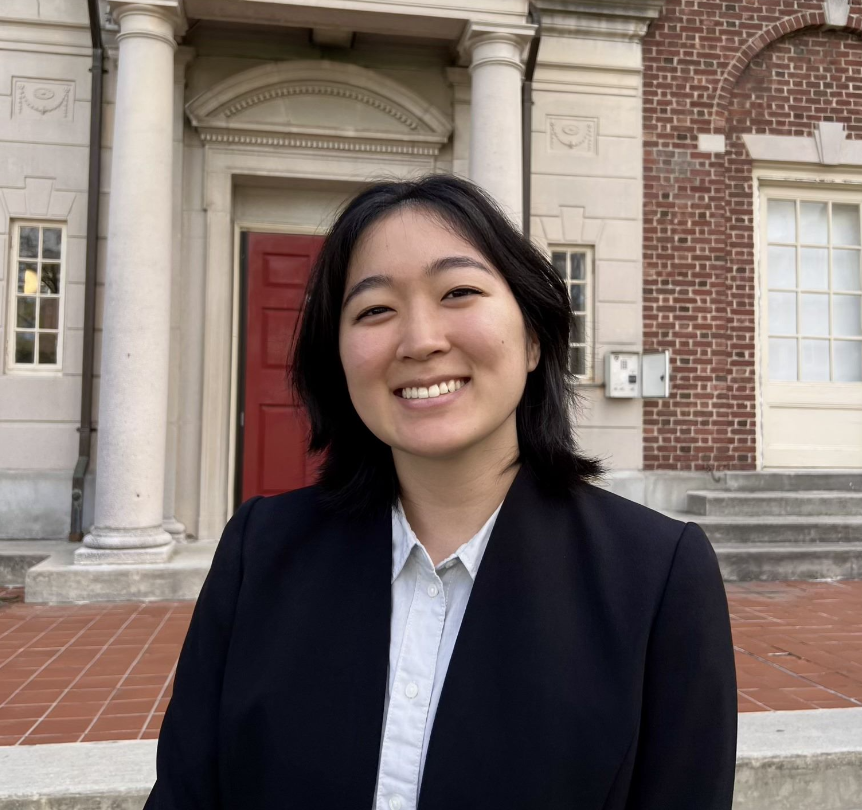
This summer, I have the opportunity to work with a team at Tecnológico de Monterrey in Mexico City. Collaborating with my supervisor and a team of researchers, I investigated digital health systems across Latin America, the effects of social media on social norms and body image, and the commercial determinants of health. I contributed by writing detailed Health System Profiles to describe the digital health resources in different countries and conducting comprehensive scoping literature reviews. This internship has not only deepened my understanding of the diverse and intricate landscape of public health but also exposed me to the healthcare dynamics within Latin America.
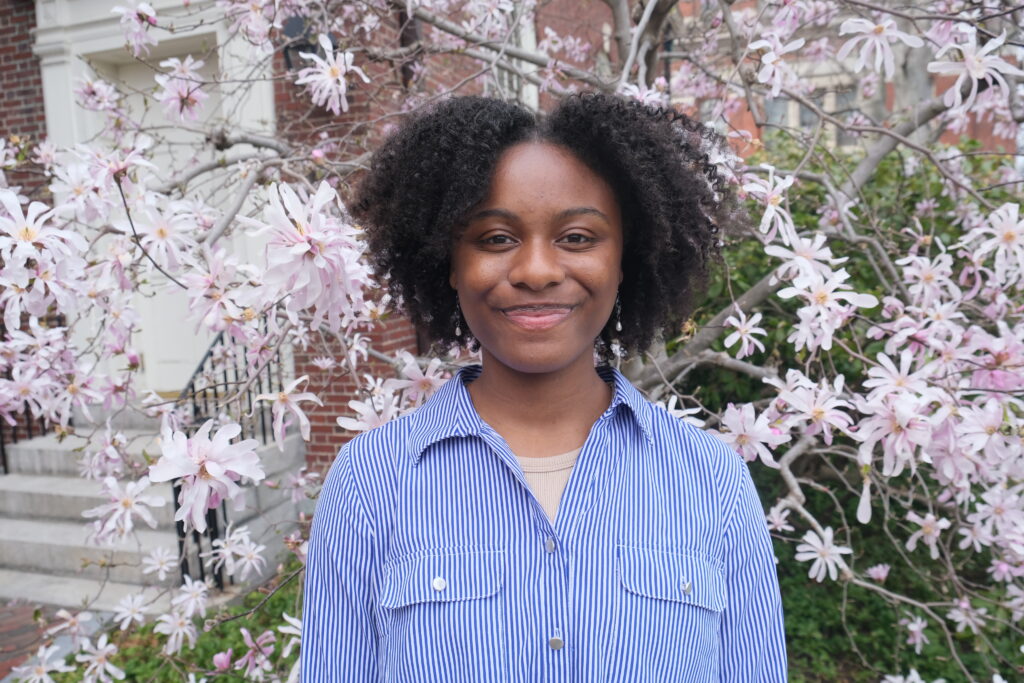
This summer I am an intern at the South African National Bioinformatics Institute in Cape Town, South Africa. Here, I am learning how to use statistical and computational methods to optimize infectious disease research. Specifically, my project focuses on using molecular and genetic studies data to more accurately assess drug resistance in pathogens in order to improve infectious disease treatment and target the global crisis of antibiotic resistance.
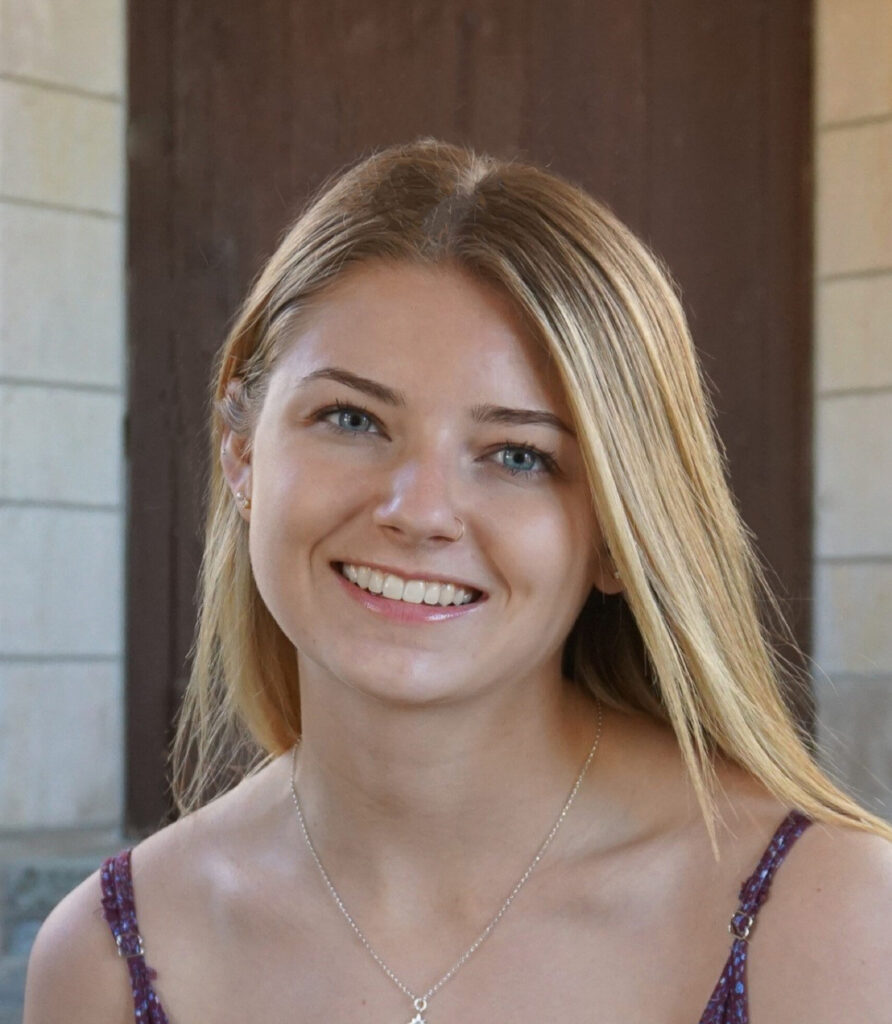
This summer, I am working with Socios en Salud, the branch of Partner’s in Health in Lima, Perú. I am collaborating with the department of Maternal, Adolescent and Infant Health and focusing on their Teenagers project which addresses adolescent health, mental health, and health access in the Carabayllo district of Lima. Throughout this project, I have written and conducted surveys for the data collection stage and assisted with the final analysis. It has been a pleasure to expand my understanding of health programming, education, and research in a global setting and improve my professional Spanish.
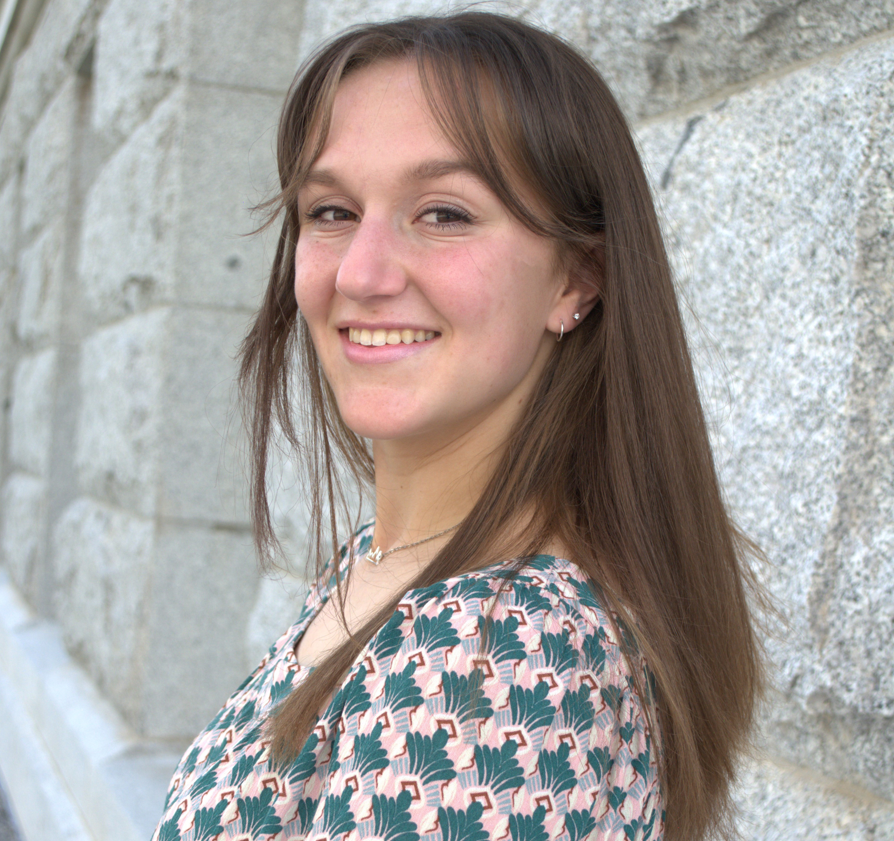
This summer I have been fortunate to work at Sangath, a mental health research company in Goa, India. As an intern, I am assisting in the development of three youth interventions: one that will train young people to become peer supporters for teens with anxiety or depression, another that will empower student activists to lead campaigns to address substance use in their own schools, and a third that will provide in-school programming to teach elementary-aged students about boundary setting and emotional regulation. I am inspired by the many research methods used to create effective interventions, including conducting pilot programs, consulting youth advisors, seeking out expert perspectives, and utilizing local data collection.

Hi! I have had the pleasure of working with Touch Health on the MediFIKIA project in Mwanza, Tanzania. We are establishing sustainable, data-driven systems for clinics and pharmacies to optimize NCD care through improved patient tracking and medication availability. In only a 3-person team, I have loved the adaptability of my role, getting the chance to go out to rural pharmacies for data collection and see many parts of Tanzania as well as seek and present data insights to Sanofi and the President’s Office. Furthermore, given the program’s success, we are expanding from Mwanza into new facilities in Geita and Kagera. I am eager to see how MediFIKIA continues to grow and help improve NCD care!
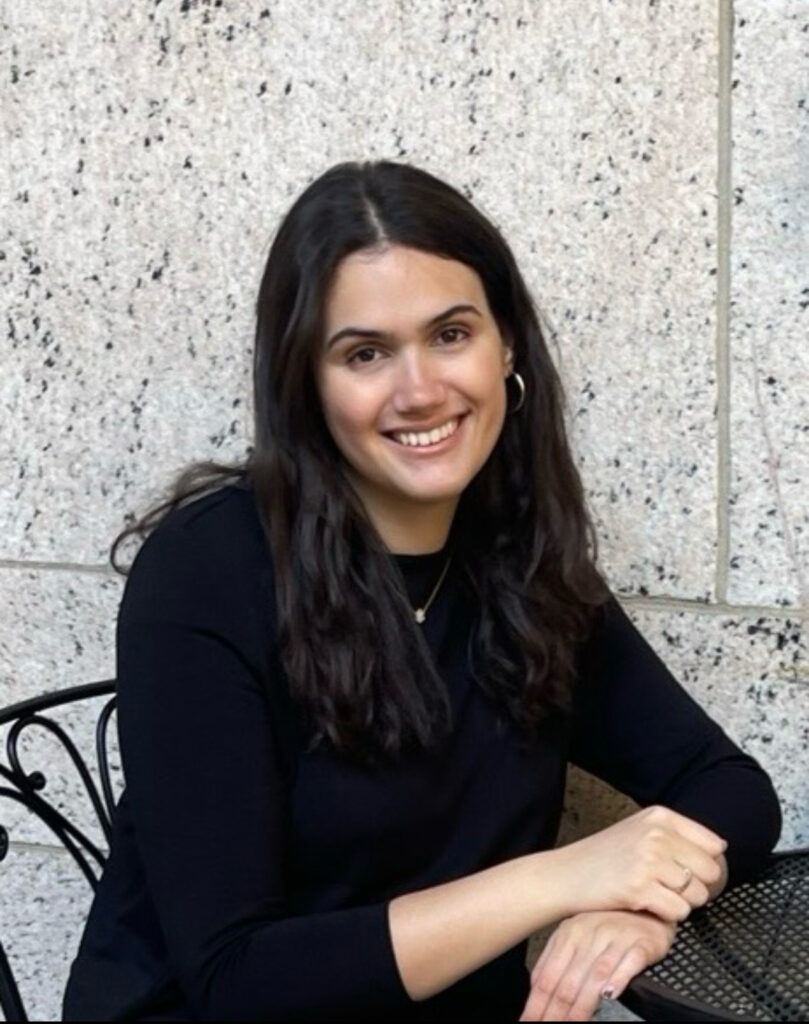
This summer, I’ve had the opportunity to join the Elder, Health, and Disability Unit at the Greater Boston Legal Services, a non-profit organization that provides free legal representation and assistance. I’ve had the enriching experience in aiding elders and people with disabilities with legal issues regarding their public benefits. I conduct client interviews, contact government agencies and local non-profits, and research current laws and regulations to ensure our clients receive the benefits they are eligible for. Aside from the advocacy work I’ve done at GBLS, I’ve also had the opportunity to lead a project on mapping the Aging Service Access Points (ASAP) of the Greater Boston area. The aim of this project is to create a comprehensive guide of the different ASAPs detailing the services each ASAP provides, who their community partners are, and the internal structures of these organizations. Another goal of this project is to establish stronger relationships between GBLS and the ASAPs of the Greater Boston area so both organizations can better serve their clients. The unit has been incredibly supportive during my time at GBLS and continues to inspire my passion for health and legal advocacy.
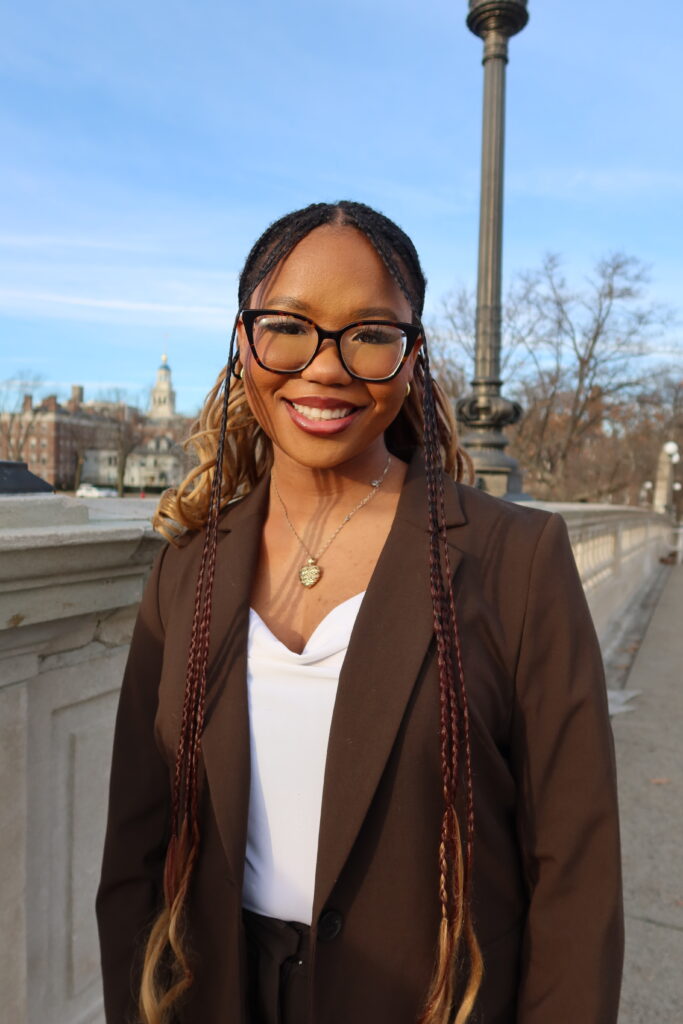
Hello! My name is Keira Adams and I’m a sophomore in Winthrop studying Neuroscience and African American Studies. This summer, I have the privilege of working at Partners in Health. Partners In Health (PIH) is a non-profit, global health organization which fights social injustice by bringing the benefits of modern medical science first and foremost to the most vulnerable communities around the world. With an emphasis on providing equitable healthcare for all, Partners in Health Engage, a sector of PIH, is working on advocacy efforts to eradicate Tuberculosis with the End TB Now Act of 2023. I’ve spent my time facilitating Congressional Meetings for over 200 attendees of PIHE Training Institute.
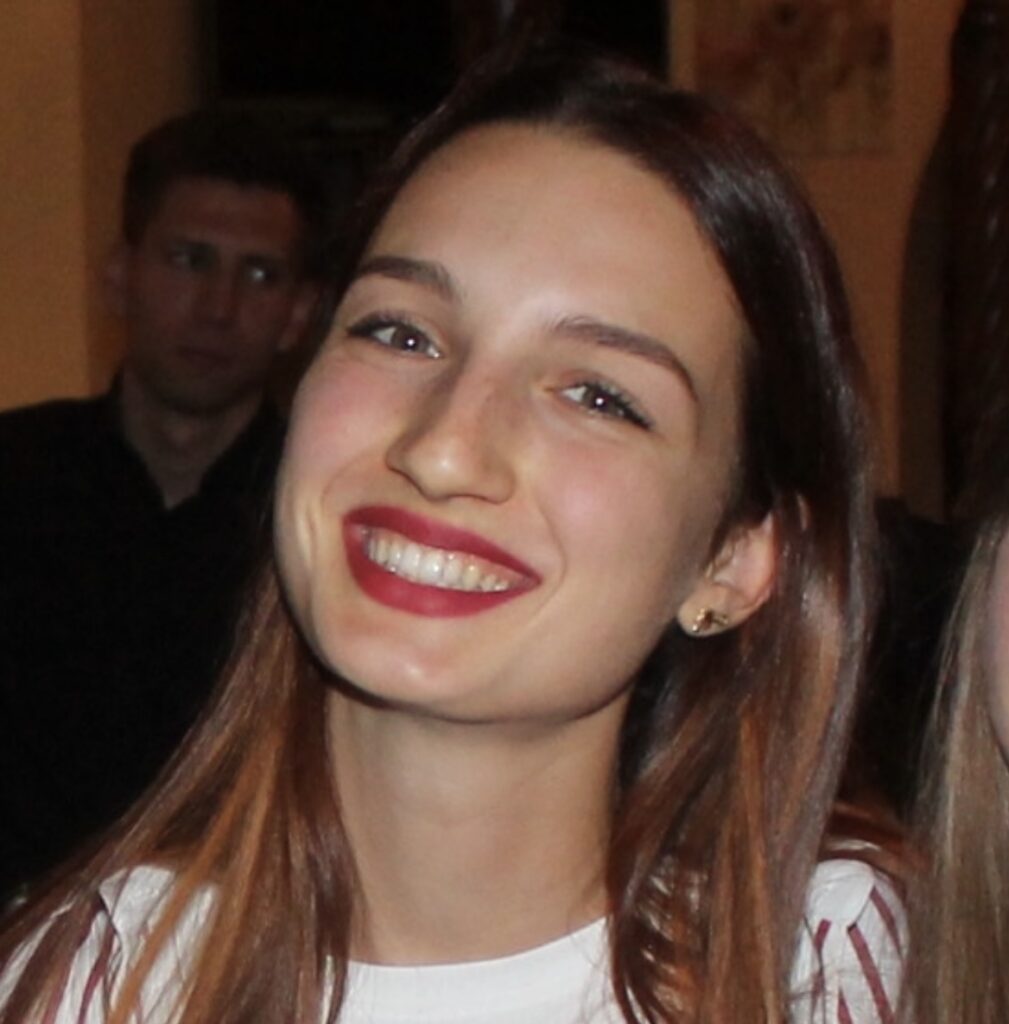
This summer I got the opportunity to work as a HGHI intern at Virology Unit, Faculty of Veterinary Medicine, University of Zagreb doing research “Control of Emerging Arboviral Infections in Different Domestic and Wild Animals” This research is an integral part of the EU4Health project Establishment of a Coordinated Disease Surveillance System (in Croatia) in Accordance With One Health Approach (CROOH), funded by European Union. In the lab, I have been preparing the samples for testing, growing cell cultures, cultivating and titrating viruses and performing molecular and serological diagnostics. I have learnt a lot about good laboratory practice, organization of work in an accredited lab and how to thrive in a workplace.
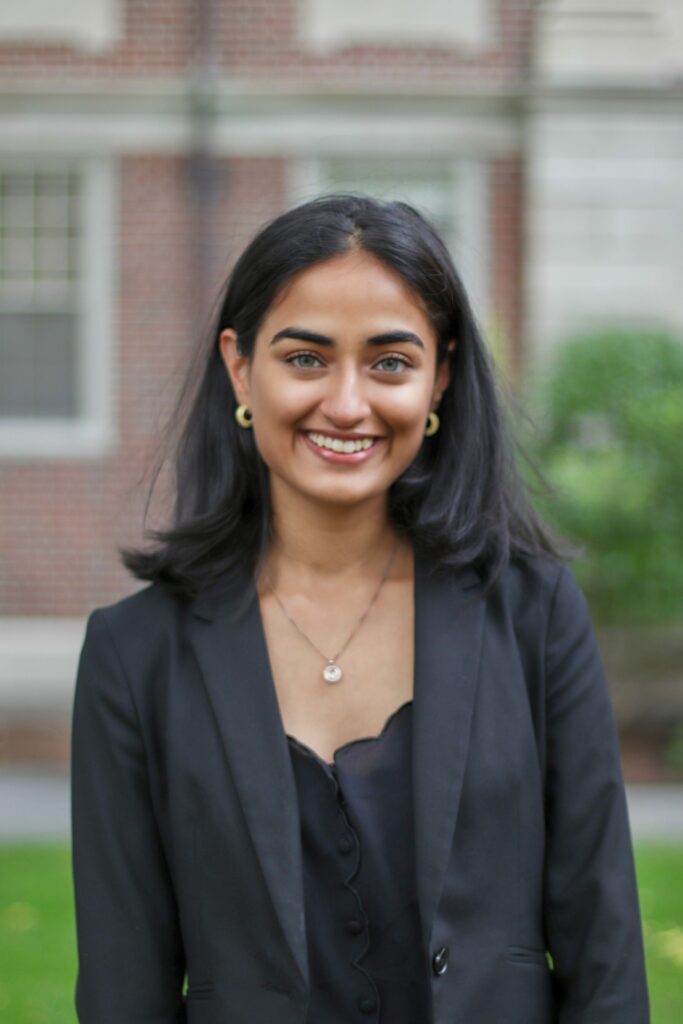
I am interning with Partners In Health this summer, leading the technical analysis for a project focused on promoting maternal health outcomes for women delivering via c-section in rural Rwanda. We are building an image-based machine learning diagnostic tool to predict the likelihood of a patient developing infection at the wound site. I’ve also taught and developed curricula for several workshops on leveraging artificial intelligence in global health, deep learning techniques for biomedical image analysis, and ethical/resource-efficient model deployment in collaboration with the African Center of Excellence in Data Science, Rwandan Biomedical Center, and PIH. My work this summer has been incredibly fulfilling, allowing me to collaborate with local experts and truly help move the needle on transforming healthcare delivery with artificial intelligence.
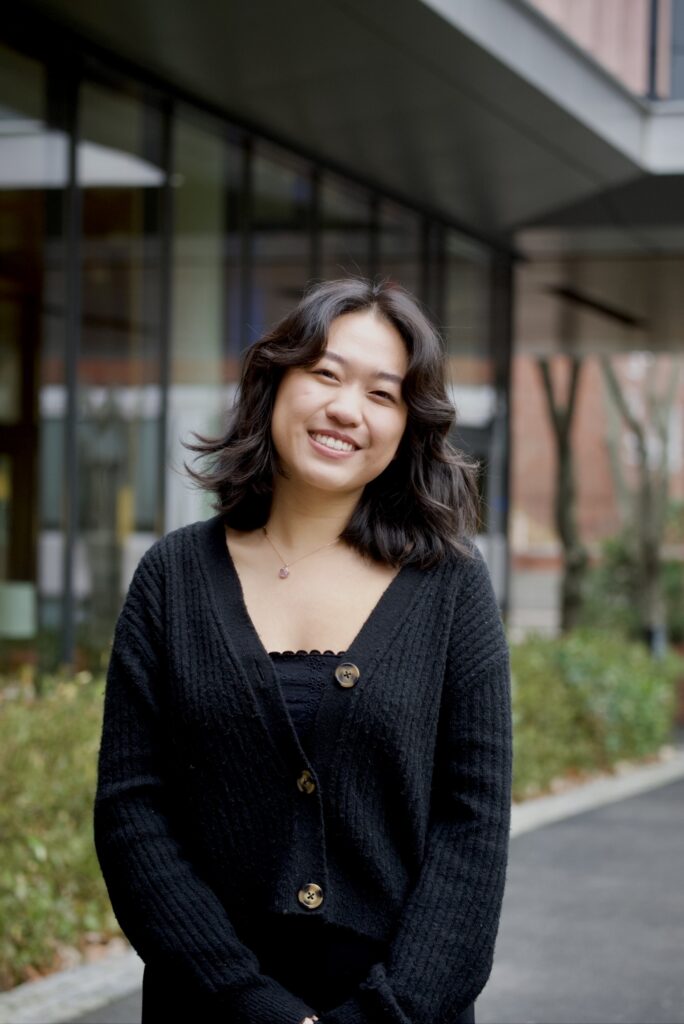
This summer, I’m working on the housing and homelessness portfolio of the UChicago Health Lab. The Critical Time Intervention Multi-Site Evaluation (CTIME) project is a longitudinal RCT studying the efficacy of short-term support services for folks transitioning from homelessness to housing. I’m developing a tool that extracts natural language data from the thousands of counseling forms involved in the provision of care; co-designing a study of social support and psychiatric hospitalization; and assisting in study recruitment. For the Roommates Project, a senior home sharing program that the Health Lab is developing, I’m helping facilitate a roundtable discussion on the social/familial needs of older adults and writing an op-ed that will hopefully elevate the issue of affordable senior housing in Chicago.
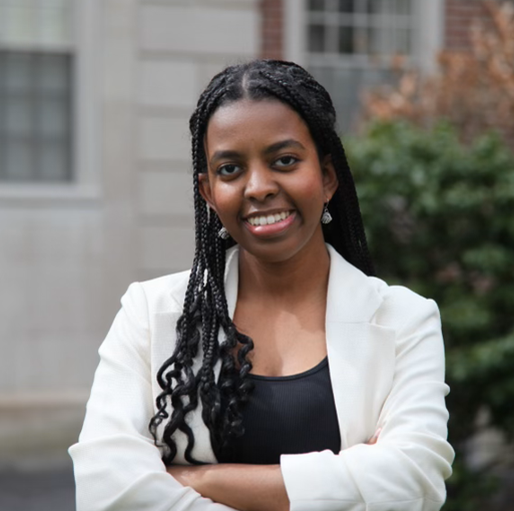
This summer, I am working at the NIH Fogarty International Center in the Division of International Epidemiology and Population Studies. As part of the lab, I am researching the genetic epidemiology of SARS-COV2 in Kenya and Ethiopia. I am analyzing viral genome sequences collected over the past four years to reconstruct the evolutionary history of the virus in these locations as the strains evolve and move locations. This analysis will reveal the countries and the dates that introduced the virus, viral diversity in each country, and provide insight on how public health interventions impacted the spread of the virus.
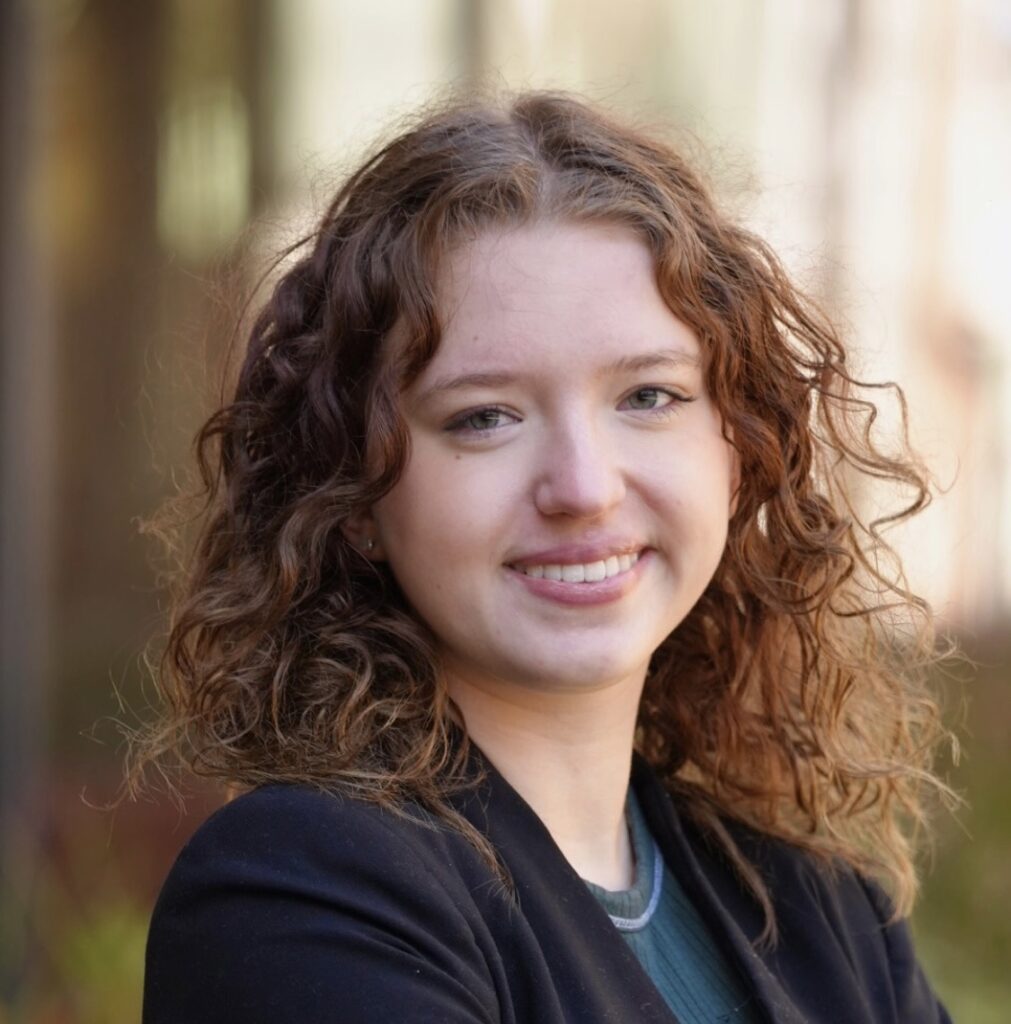
This summer, I worked as a research assistant at the UChicago Urban Health Labs, which focuses on public health and improving behavioral health care for people both in Chicago and Illinois, and around the country. I had the opportunity to work on projects ranging from integrating the new 988 hotline with the 911 system to understanding how to reduce opioid deaths on American reservations, assisting with both researching and report writing. I’ve really enjoyed getting to deepen my knowledge of social support for people facing behavioral health issues, while honing my research skills and getting to work in my hometown.
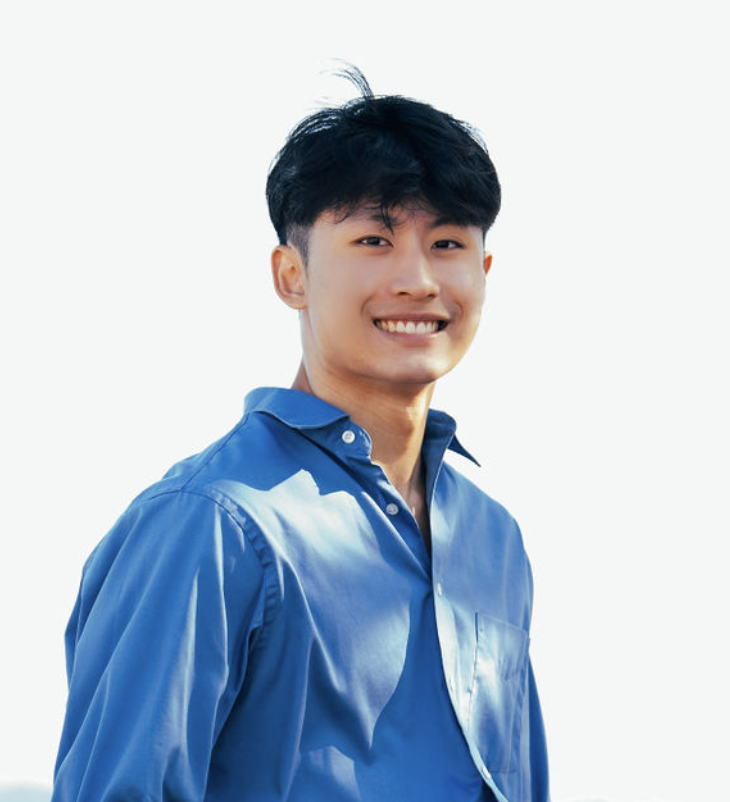
This summer, I am working at Sangath, a NGO located in Goa, India that aims to improve accessibility to mental health treatment through evidence-based practices. I first worked on the PracticePal team by conducting an umbrella review on the acceptability and feasibility of chatbots as intervention for mental illnesses. I also had the chance to work on creating educational manuals for the SAATHI and iCAP teams, which focus on informing caregivers on ways to provide for those struggling from severe mental illness and alcohol abuse. I am grateful for this opportunity and appreciate everyone at Sangath and HGHI who have helped make this experience as exciting as it is!
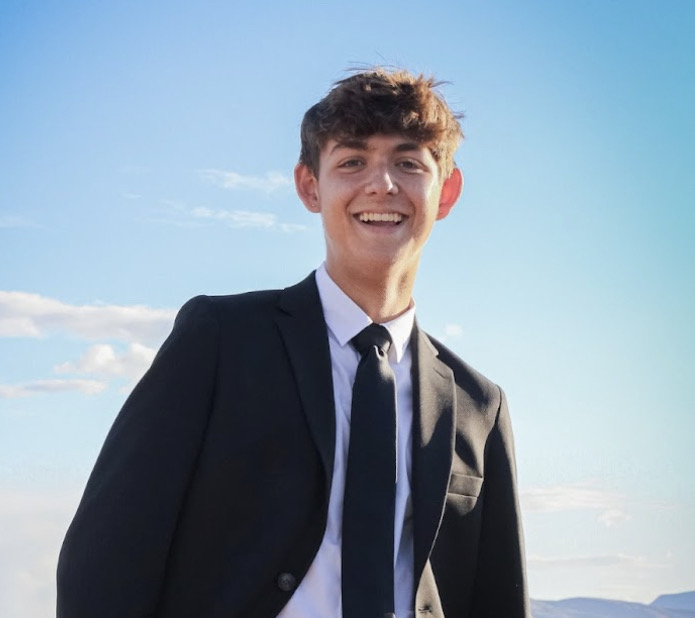
This summer I have worked with Tecnológico de Monterrey en la Ciudad de Mexico. My work has largely focused on research for policy briefs in order to better inform the government on pressing issues relating to the health of citizens. While I have had multiple projects my main project has been connecting migration, rural livelihood, health, and climate change in order to see how these concepts are connected and affect the lives of those living in Mexico. My other projects have also included bettering maternal health through AI development and improving nutrition to combat obesity.
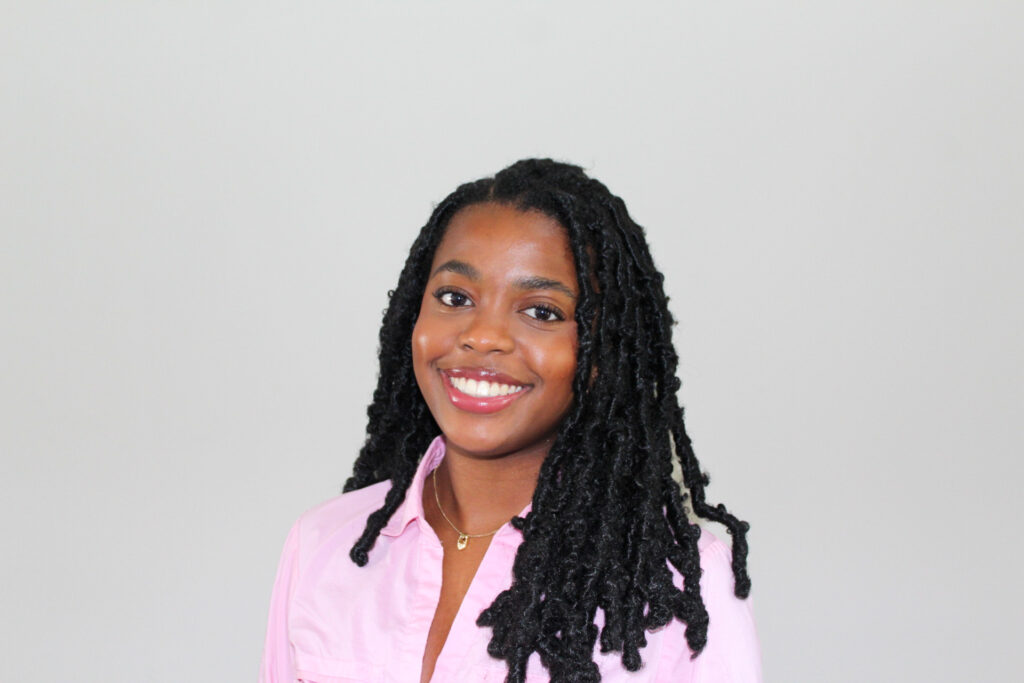
This summer, I am interning at the Perinatal HIV Research Unit (PHRU) at Chris Hani Baragwanath Hospital in Soweto, South Africa. As an intern, I have conducted literature reviews and helped draft a manuscript introduction on barriers to specimen donation for HIV research. I have also performed qualitative data analysis on community members’ vaccination experiences and aided in planning community dissemination events. Additionally, I have had the amazing opportunity to shadow physicians enrolling maternal and pediatric patients in clinical studies. Currently, I am aiding in background research for a study on barriers to maternal immunization. These experiences have been incredibly enriching, and I am grateful for the opportunity to work at PHRU this summer!
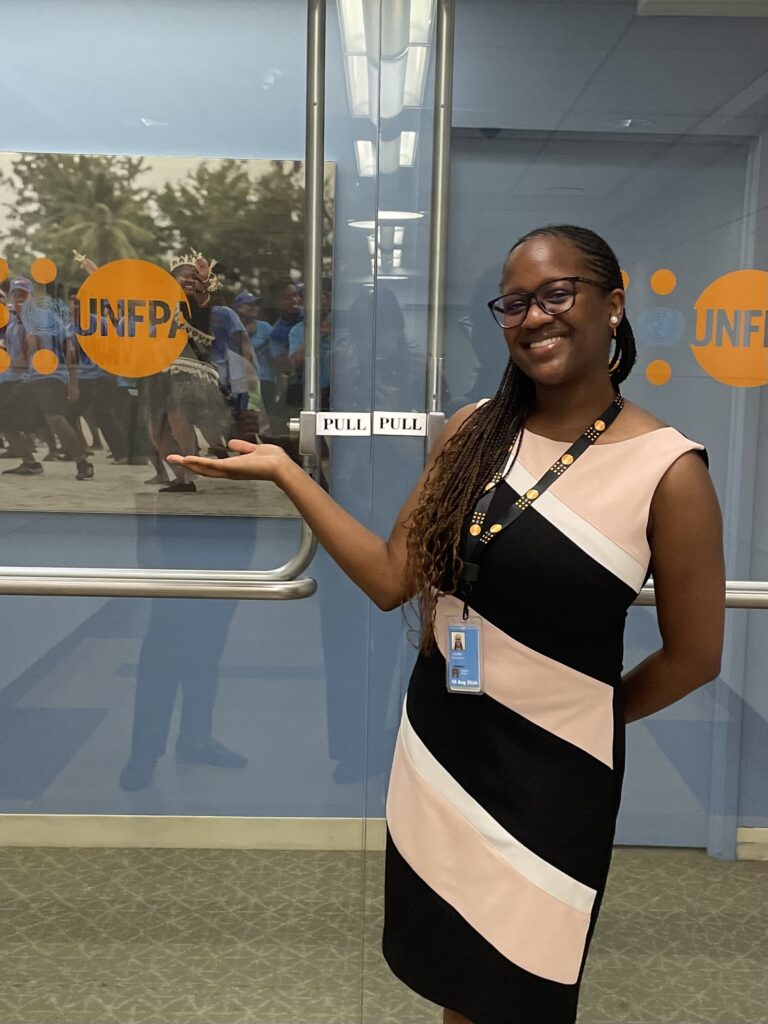
This summer, I am working at the United Nations Population Fund, the UN’s sexual and reproductive health agency. As part of the Maternal Health Team, I am supporting data analysis and reporting efforts under the Maternal Health Thematic Fund (MHTF), which provides catalytic funding to 32 countries to improve outcomes in midwifery, emergency obstetric and newborn care, obstetric fistula, and maternal and perinatal death surveillance and response. Some of my tasks have included supporting the development of a multi-year research strategy, drafting briefings for global partnership meetings, and compiling the most significant indicators to develop an end-of-phase report on the program’s success.

This summer, I had the privilege of working in Janan Dietrich’s division of the Perinatal HIV Research Unit in the Chris Hana Baragwanath Hospital, the largest public hospital in Africa. I spent most of my summer living in Johannesburg and working in Soweto. Under Prof Janan, I was able to conduct high-level qualitative data analysis, write grant proposals, shadow doctors as they managed clinical trials, and author manuscripts. I gained a range of skills thanks to the careful training from members of the division, and I left South Africa with a greater understanding of the kinds of careers available in public health and the range of research topics that interest me, from flu vaccine awareness to youth mental health to maternal HIV transfer. I was also able to observe how a country rebuilds and repairs generational harm after the crime of apartheid, especially in the healthcare industry, which was a fascinating case study I could never have gotten anywhere else.
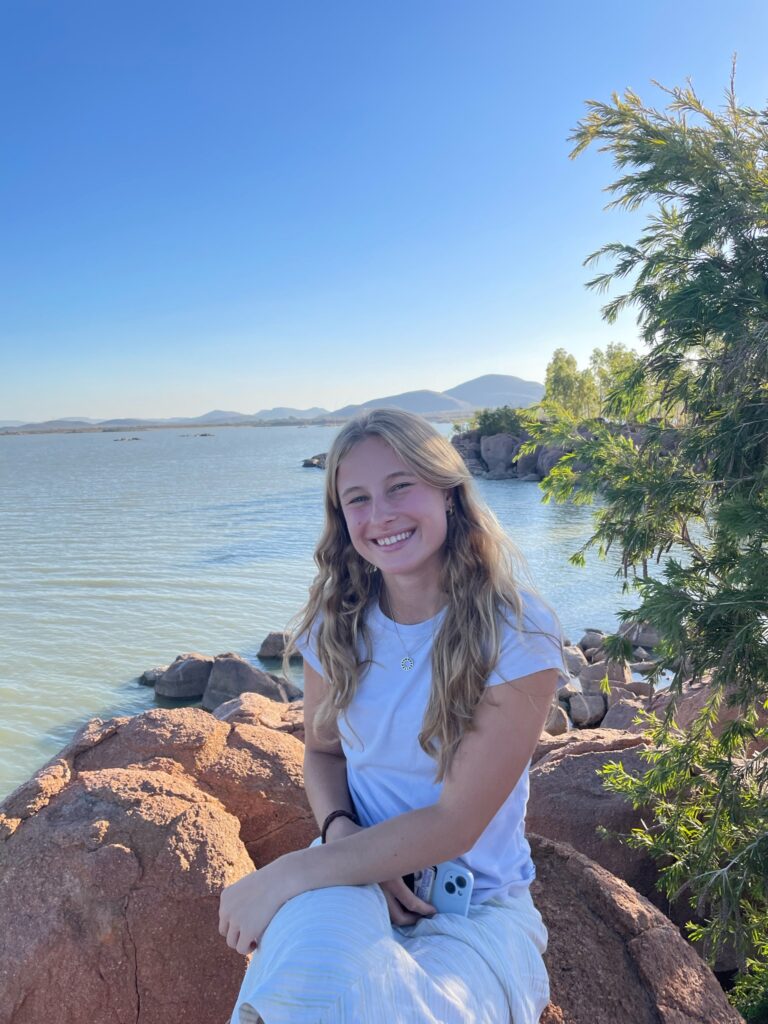
This summer I am working with the Tshireletso Study team at the Botswana Harvard Health Partnership in Gaborone, Botswana. Tshireletso is an implementation study evaluating the effectiveness, feasibility, and acceptability of Cabotegravir (a long-acting injectable form of pre-exposure prophylaxis) for HIV prevention in postpartum women (a population identified as high-risk for HIV). My main project involves developing and implementing community engagement materials to raise awareness of HIV risk and prevention among antenatal mothers. My day-to-day involves going to government clinics to speak with mothers, shadowing with nurses and doctors, and meeting with local experts about how to best engage with the community. It has been an incredibly rewarding experience and I have really enjoyed life in a new country and culture!
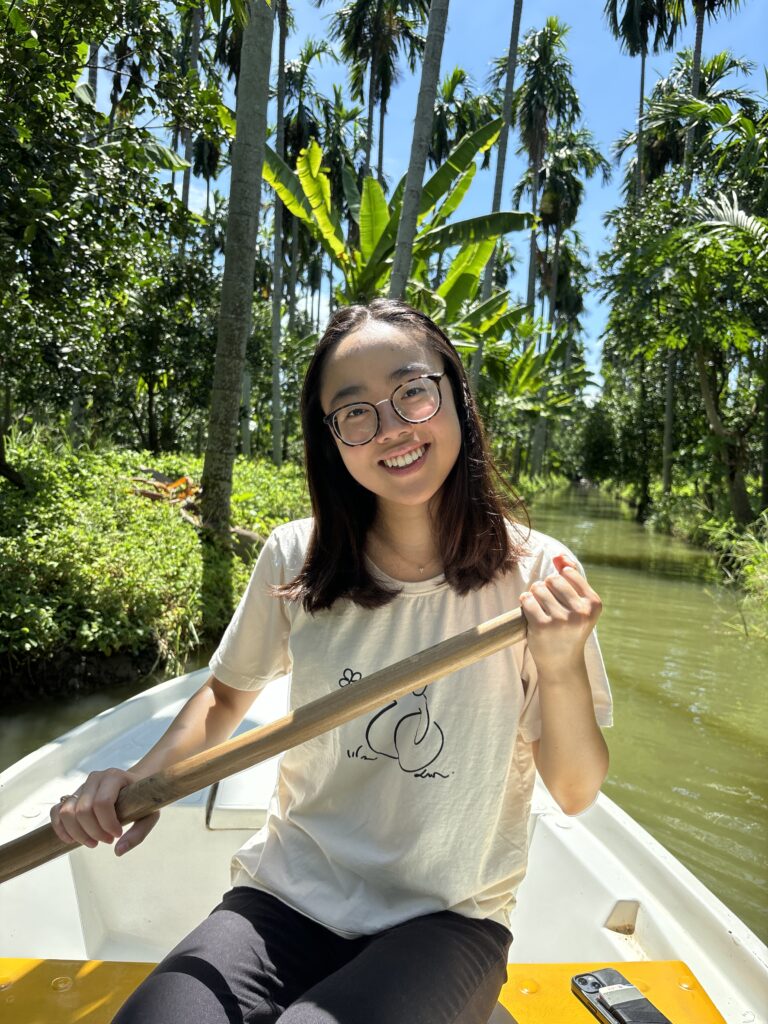
This summer, I am interning with the Foundation for Children with Disabilities (FCD) in Bangkok, Thailand. FCD is dedicated to improving the quality of life for children with disabilities and their families through education, empowerment, and advocacy. As an intern, I have spearheaded a project focusing on the global health of mothers with children with disabilities. In Thailand, mothers often become the primary caretakers and their sacrifices frequently go unnoticed. To address this, I have filmed a documentary interview series with mothers at FCD and written a bilingual report analyzing global health differences regarding disability care and parent well-being in Thailand and the United States. I have also implemented a new exercise program to alleviate their soreness from aiding their paralyzed children. This experience has deepened my understanding of socio-cultural factors influencing bias and stigma and strengthened my resolve to strive for cross-cultural equity.
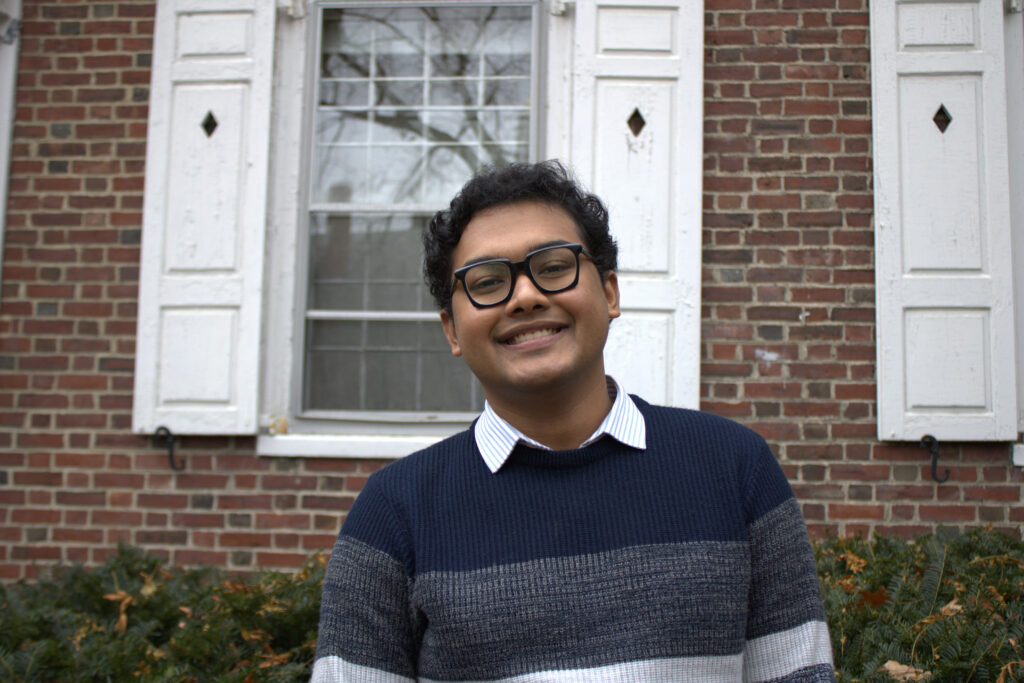
This summer, I am working in the Youth, Peace and Security Division of UNFPA. One of my central responsibilities includes helping structure a portfolio of the programming that the UNFPA has been funding under the ‘My World’ section of the UNFPA’s global strategy on adolescents and youth. I aim to use this data to understand the nature of UNFPA’s investments in the last years in ‘Youth in peacebuilding action’, ‘Youth in humanitarian action’ and ‘Youth in climate action’.
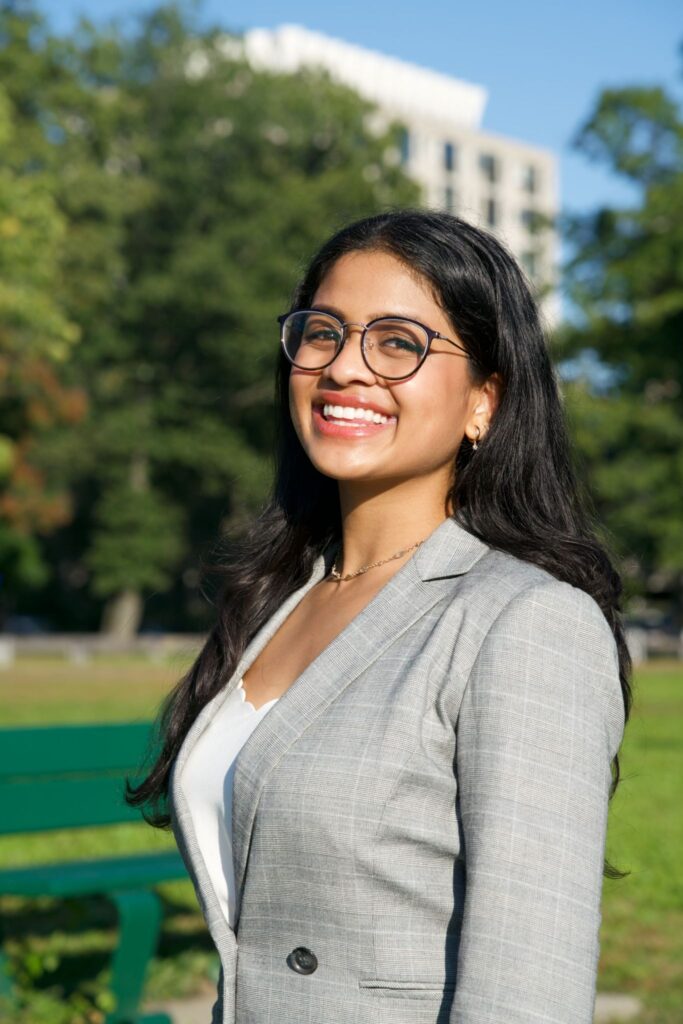
This summer, I am interning at the CDC’s Global Health Center in Washington, D.C. My work in the Office of the Associate Director for Policy is dynamic, engaging, and exciting. My portfolio includes researching and creating policy briefing materials for the CDC Director, CDC Deputy Director for Policy, and Global Health Center Director. As a member of the Policy Coordination Team, I help coordinate interagency engagement with partners at the U.S. Department of State, USAID, and U.S. Department of Health and Human Services. I also enjoy engaging with overseas partners, such as overseeing the budget policy coordination of Technical Working Groups from Africa CDC. Lastly, I am thrilled to take the lead on a CDC-wide speaker series, aiming to improve CDC’s global health impact through outside perspectives from diverse leaders, experts, and practitioners of global public health.
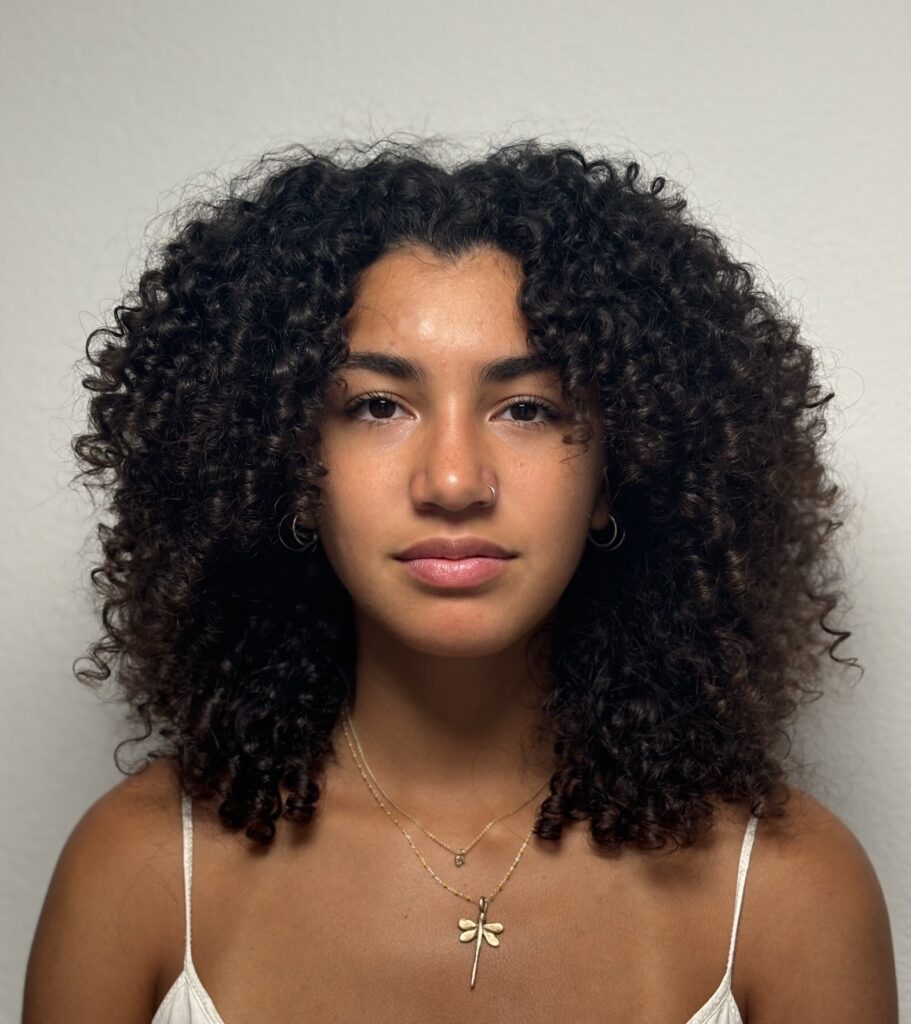
This summer, I have had the privilege of working at the UCLA Art & Global Health Center. Here, we develop arts-based public health interventions to promote the sexual health of young adults and organize collaborative photo-storytelling workshops for people living with HIV around the world. My work has spanned printmaking, grant writing, literature reviews, exhibition planning, and coalition-building for the center and has been incredibly fulfilling.
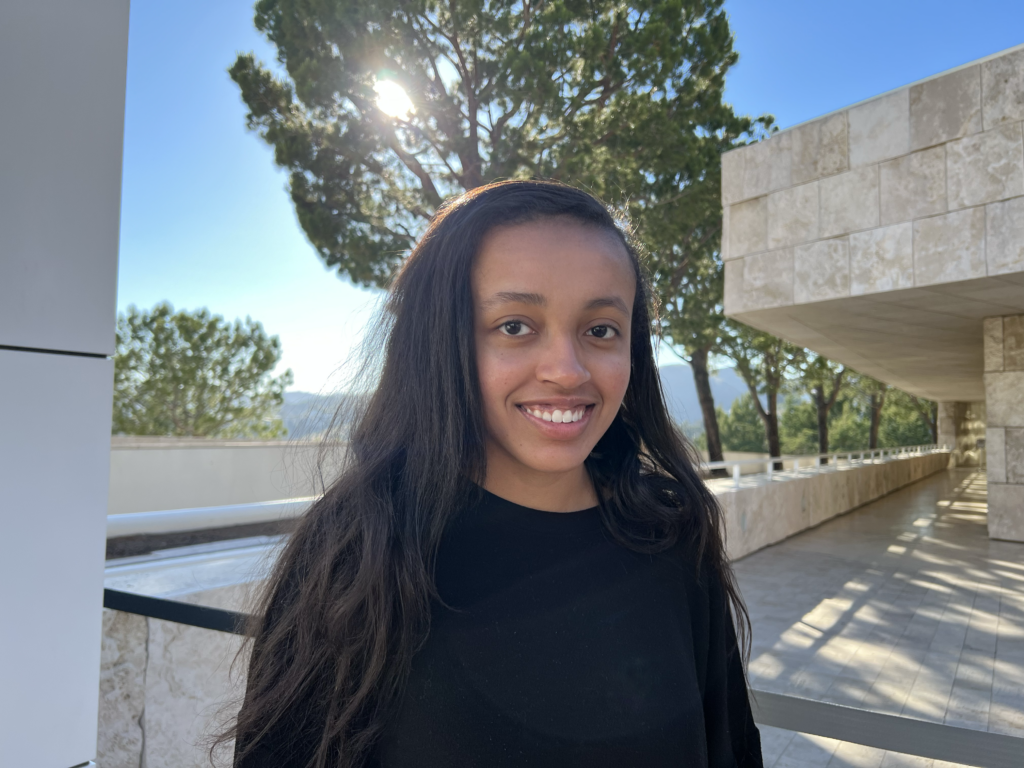
This summer, I’m working at the Centers for Disease Control and Prevention (CDC). Despite being preventable and treatable, HIV and tuberculosis (TB) are leading causes of death and threaten the health of millions worldwide. The CDC and its partners are working in countries around the world to implement effective solutions to end these devastating epidemics. As part of the CDC’s Division of HIV and TB, I’m learning a lot about the CDC’s leading role in strengthening public health systems, along with how Congressional partnerships can influence global public health policy goals, resources, and outcomes.
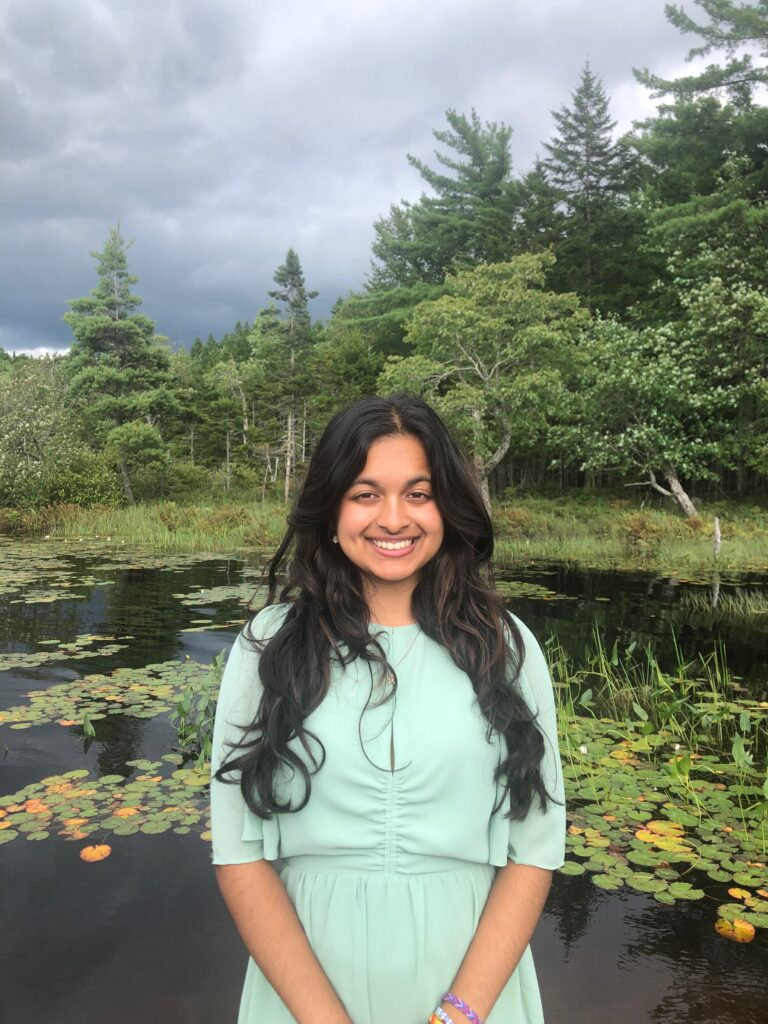
This summer, I am interning at the Rubin Lab at the Harvard T.H. Chan School of Public Health. My project is focused on investigating antibiotic resistance mechanisms in Mycobacterium abscesses. Although my responsibilities vary daily, I have engaged in a range of tasks, including conducting experiments, analyzing experimental data and reviewing journals for experimental protocols. I am extremely grateful for this experience, as I have learned valuable lab skills and had the opportunity to meet many wonderful people in a supportive and welcoming environment.
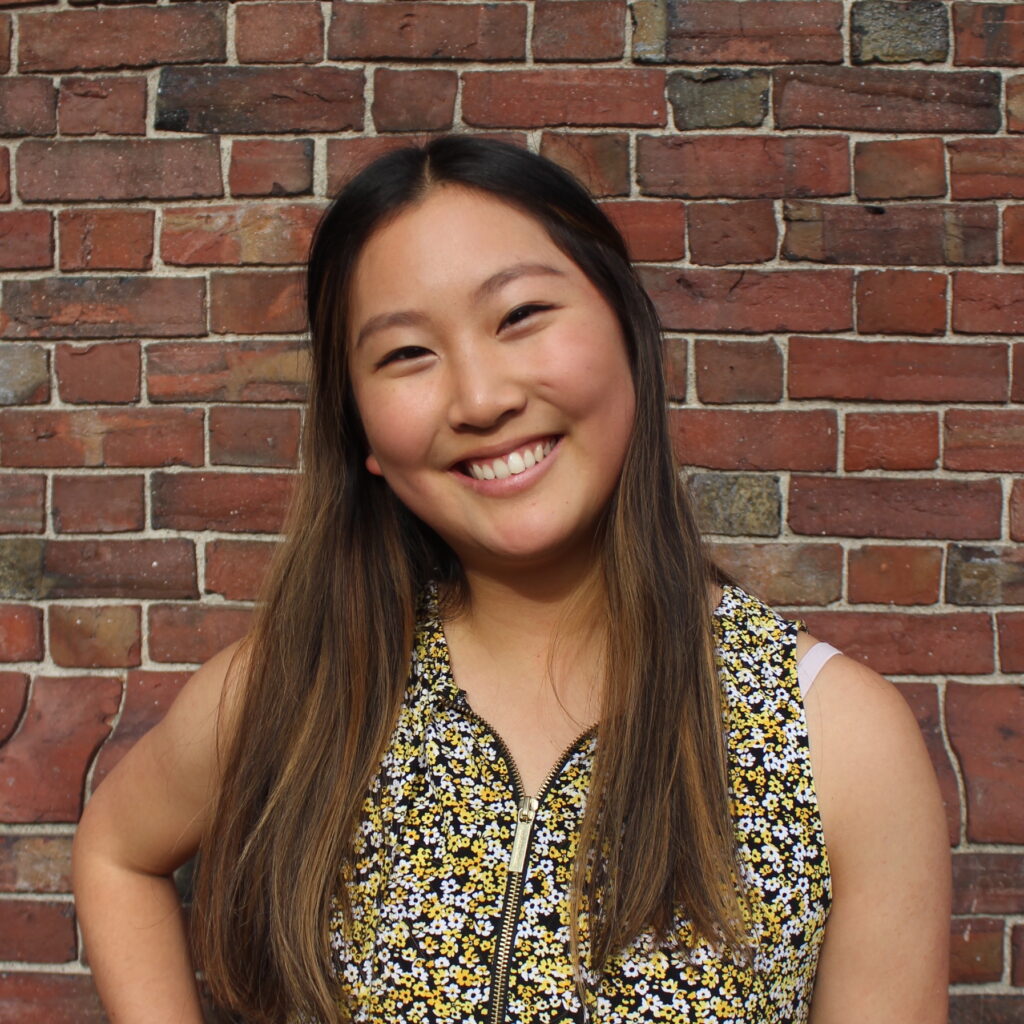
This summer I’m interning on the External Affairs and Strategic Initiatives team of the Stop TB Partnership in Geneva, Switzerland, which is a UNOPS-hosted entity. My internship has been an amazing opportunity learn so much about global health as a whole, and more specifically about TB and TB product innovations as well as critical pathways to support country rollout and implementation. My team works on a host of different projects; I’m primarily supporting the redesign and rebuilding of the Reimagine TB Care Initiative (RTC). RTC is implementing a 5-phase people-centered design process In partnership with local health organizations in Uganda and Viet Nam. I’ve also assisted with rebuilding the Product Innovation Scan with 450+ innovations designed for or applicable tor TB. It’s been super interesting learning about the UN system and meeting people from around the world at the UN Global Health Campus cafeteria!
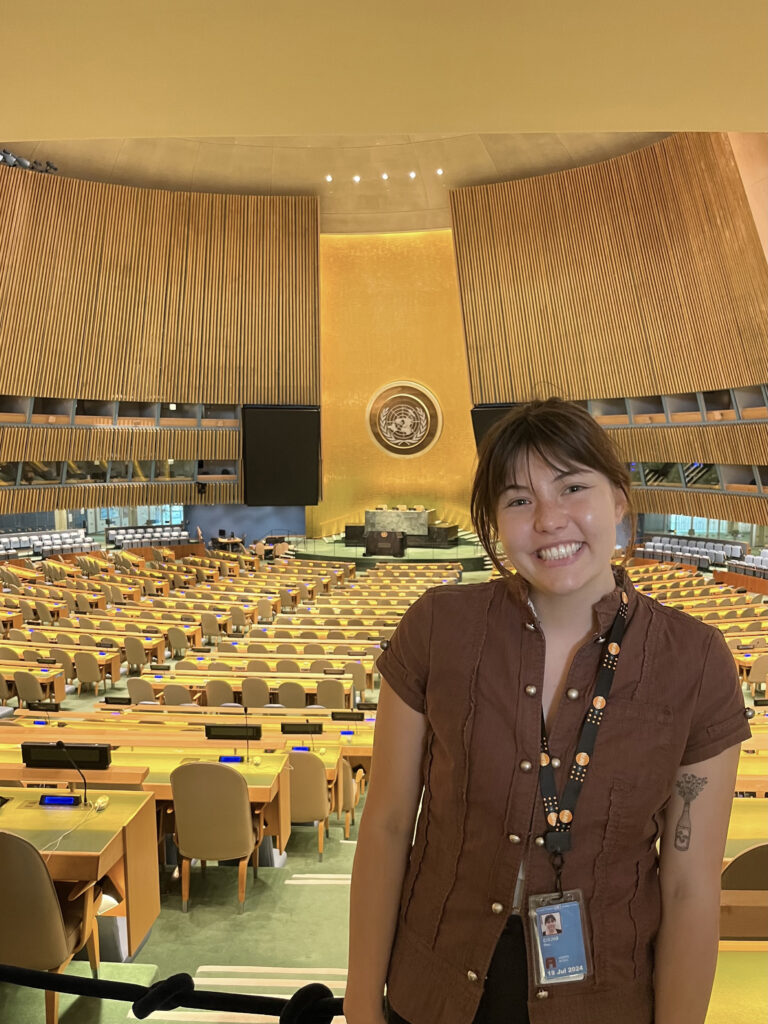
This summer, I am supporting the Maternal and Newborn Health team at the United Nations Population Fund (UNFPA). I work directly with the midwifery team, which coordinates and strengthens midwifery programs in 125 countries to reduce maternal and newborn mortality and morbidity. Well-trained midwives can provide 90% of essential sexual, reproductive, maternal, and newborn health services, including safe abortion services. To ensure midwives can deliver comprehensive, respectful, women-centered care, they need quality education and integration into enabling environments. Among other tasks, my primary projects include preparing the Maternal Health Thematic Fund’s end of phase III (2018-2023) donor report and drafting midwifery case studies with country offices. I feel very fortunate to work with such a fantastic team of technical specialists this summer!
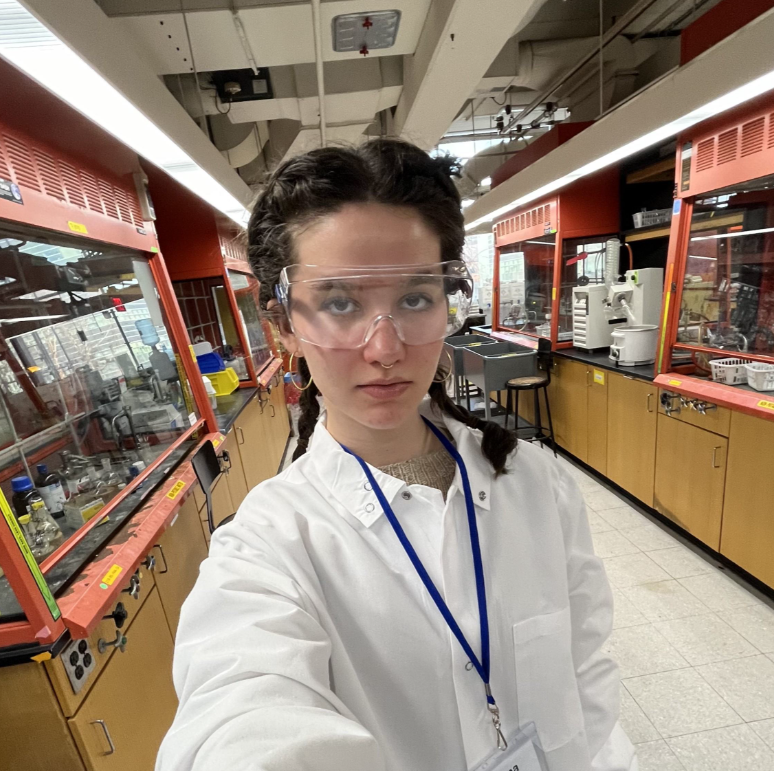
This summer, I’m working with the National Academy for Social Prescribing in London! I’ve been involved in many exciting projects with NASP, including designing an international social prescribing fellowship, both opinion and research-based publications, adapting training materials, and collaborating with the WHO on a webinar series. I’ve especially loved getting to know the social prescribing community, from visiting the Bromley by Bow Centre, which integrates primary care with an arts-focused community hub, to meeting leaders in social prescribing from around the world.
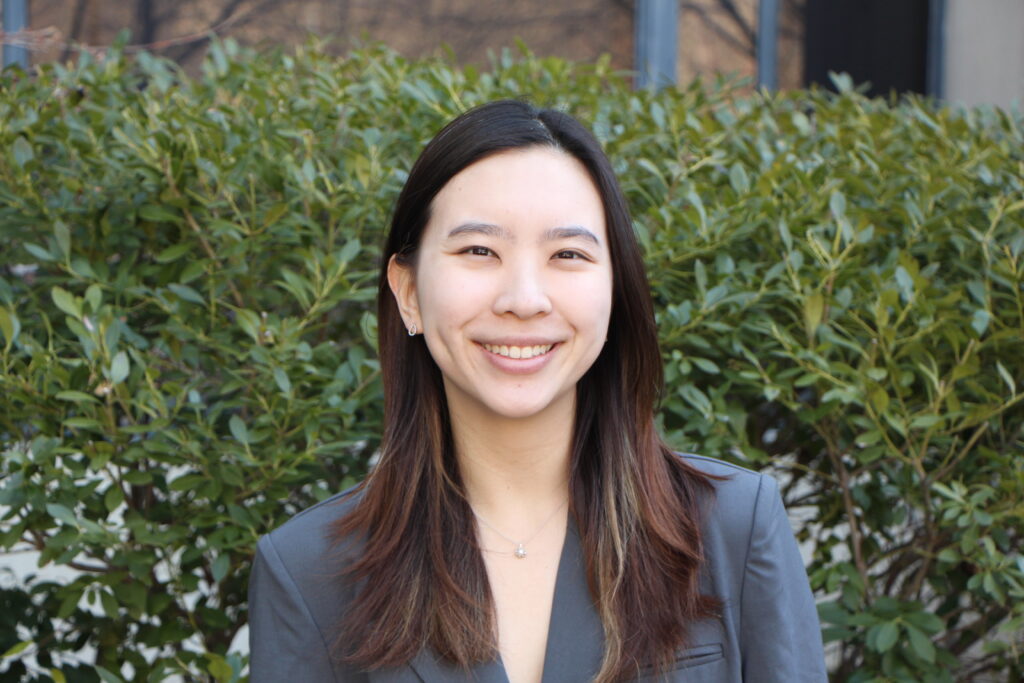
Through the support of HGHI, I am working at the Global Enterics Lab as a summer intern. The Global Enterics Lab is a research laboratory within Massachusetts General Hospital focusing on clinically significant, infectious diseases. I am investigating Klebsiella pneumoniae, one of the most common nosocomial pathogens and a major cause of death attributed to bacterial antimicrobial resistance bacteria. This summer, I am using statistical tools to analyze data collected from a cohort from Bangladesh, and I am also performing various biological assays to evaluate antibody functionality. Through this research, the lab hopes to find a relationship between antibodies and protection against K. pneumoniae and provide information to inform approaches to vaccine development.



